|
This Massachusetts farm has been in the same family since the 1600s
Updated: Feb. 22, 2023, 6:22 a.m.|Published: Feb. 22, 2023, 6:21 a.m. By Elizabeth LaFond Coppez | Special to The Republican Harrison Bardwell isn’t your typical 26-year-old, working various jobs to find his path. He found his passion at age 10, and, today, he’s making significant impacts both regionally and globally, one vegetable at a time. Bardwell is owner and ninth-generation family farmer of Bardwell Farm in Hatfield. He farms over 30 acres and produces more than 100 varieties of crops in some of the most nutrient dense soil of the Connecticut River valley. Bardwell Farm offers a roadside stand, a community supported agriculture (CSA) farm share program and offers wholesale distribution services. “Being in the soil and watching the plants grow and develop, and eating this fresh, delicious produce out of your backyard is an experience like no other,” Bardwell said. Bardwell recalls when he was 12 or 13 years old, he was bored with his usual fun playing in the dirt. “My grandparents showed me how to pick veggies, what plants looked like and gave me my first physical experience working and being with produce and agriculture,” Bardwell said. “I instantly loved it.” The next summer, Bardwell continued his apprenticeship. “My grandparents taught me the fundamentals of planting a seed, establishing the care and maintenance between planting and harvest and I was intrigued more and more,” he said. By the end of that season, Bardwell had helped to produce a large abundance of vegetables. “I recall seeing my grandfather sitting at the back porch, and I had brought a large bucket of cucumbers,” he said. “My grandfather told me we have so many cucumbers, more than enough to feed our family – how can we give these a new home?” The next season, Bardwell Farm opened its first stand in front of the family homestead. “At that time, I believe Bardwell Farm established a new chapter in its history,” Bardwell added. Bardwell’s grandparents encouraged his father not to become a farmer, so he explored other interests and became a carpenter. But the love for farming was undeniable for Harrison Bardwell, so he learned as much as he could at home and, after graduating from high school, attended the Stockbridge School of Agriculture at the University of Massachusetts Amherst. “I started my official work on this farm in 11th grade and worked and managed Bardwell Farm as I continued my education,” he said. He is the ninth-generation of the family to run the farm that dates to 1685, and Bardwell can track his ancestry back to the early 1600s when members of his family settled in Hampshire County after arriving from England. “It’s really neat to still have Bardwells in the town where they first settled,” he added. At the Stockbridge school, Bardwell pursued an associate degree. “Going to Stockbridge gave me scientific background and broadened my mind immensely,” he said. Although Hatfield’s soil is some of the best in the world, Bardwell takes good care to ensure it stays rich with nutrients. “Any type of soil thrives off diversity, so when you rotate crops it gives the life of the soil so much more energy,” he said. “You need to help the life in the soil to help plants to grow their best.” Bardwell has adopted the no-till and limited-till practices in his fields. “Research shows the less you disturb the soil, the more vibrant and healthier the microbes are to be able to thrive,” he explained. The crops include everything from kale and cabbage, tomatoes and peppers, to sweet corn and squash. “I love growing pickling cucumbers because it’s my favorite veggie to eat,” he added. Bardwell also utilizes greenhouses and high tunnels on his farm, with efforts to harvest vegetables year-round. High tunnels are temporary, tall, covered structures that help protect crops from harsh weather. “We’re able to harvest spinach, arugula, kale, lettuce mixes, and Swiss chard in the middle of February, allowing us to keep more staff and obtain more revenue,” Bardwell said. This year, Bardwell and his team grew colored bell peppers in a high tunnel, and they harvested a much better-quality crop. “My grandfather always said, ‘You’re at the mercy of Mother Nature,’ and this is 100 percent true,” Bardwell said. “Weather dictates what you do every single hour, every single day of your life.” Bardwell has noticed firsthand how climate change has impacted farming. “When I started seven years ago, we had normal rainfall, and it would get cold in late October or early November,” he said. “Over the years we’ve lost that nice steady rain, and it’s been replaced with heavy, harsh thunderstorms causing a lot of rain in a short amount of time. “A drought for three weeks and a heavy thunderstorm scares me more because it can drastically affect a condition of a crop or field,” he said. Weather changes also impact diseases and pests that can hurt crops. “Farmers must still be able to produce a high-quality crop, but it takes twice the work that it used too,” he added. Reflecting on his short yet gratifying farming career thus far, Bardwell expressed appreciation for what he’s learned from the region’s farming community, and, in turn, works to share that knowledge. He welcomes elementary schools for field trips to Bardwell Farm, and students in the Stockbridge School of Agriculture also visit for tours or work study programs. He tells others that farmers must be quick on their feet and sleeping past 8 a.m. on the weekend isn’t an option. “You need to be good at making quick decisions for the best solution in the moment,” he said. Bardwell is excited for what the future will bring and has a feeling his grandparents would be proud of what he’s created for the Bardwell Farm in the 21st century. “It’s taken countless hours and dedication from other farmers in this town, along with friends, family and my mom and dad who have been able to help me get to where I am today,” he said. “If every person on Earth could spend one day on a farm doing hands-on manual labor, it would allow people to see its importance as we wouldn’t be able to survive.”
0 Comments
Valley Bounty: Winter Farmers Market nourishes farm-to-table connection
By Sabato Visconti | Daily Hampshire Gazette | January 14, 2022 There’s more to farmers markets than meets the eye. They’re places to buy your favorite locally grown food, along with handmade treats and crafts. For socialization and entertainment. Even places for fighting hunger. Thanks to the hard work of market organizers, elected officials and other supporters, farmers markets are woven into the very center of civic life in many communities. Organizers like Jodi-Lyn Manning, owner and manager of the Farmers Market at Forest Park in Springfield, are working to draw more people toward that center to experience the benefits these markets have to offer. Between summer and winter markets, the Farmers Market at Forest Park runs 11 months out of the year. Even in the winter, a diversity of local food abounds, Manning says, from “eggs, to cheese, milk, honey, maple syrup, mushrooms, chicken and duck, so much produce, and treats like wonderful German pastries, too.” And for produce, “it’s not just turnips and potatoes,” she says. Though there are plenty of the traditional winter staples, each produce vendor grows something year-round. “There’s always fresh lettuce, spinach, microgreens, broccoli — things like that.” “Most of our vendors have been here at least 10 years, some 20,” says Manning, who has moved back into the Forest Park neighborhood she grew up in. “There’s definitely loyalty, camaraderie and respect, and I’ve really enjoyed getting to know and work with them.” Manning started managing the Farmers Market at Forest Park last May, taking the reins from Belle Rita Novak, who founded it in 1989. Before doing so, she says, “I never realized the magnitude of this industry. Managing a farmers market isn’t just setting up vendors in a parking lot. I’ve had a huge learning curve, while also educating the public on what an essential resource we are.” Essential resource or critical infrastructure — whatever you call them, farmers markets earn the title by providing strong, broad and direct links among local farmers and a diverse cross-section of the community. Explaining how markets like Manning’s in Forest Park work to combat hunger is a great way to show this. Hunger in western Massachusetts has skyrocketed during the pandemic, as Manning shares in a sobering statistic: “just in our ZIP code, 01108, between August 2020 and August 2021, the number of people on SNAP (the federal Supplemental Nutrition Assistance Program) doubled.” Happily, mutual aid and several state-funded programs exist to supplement SNAP and support people who’ve been financially squeezed by the broader economy. HIP, the Healthy Incentives Program, gives all state residents with SNAP an extra $40 to $80 each month to spend on fresh produce grown by local farms. Meanwhile, during the summer, Senior Farmers Market coupons provide eligible residents 60 and older $25 a year for use at certain farm stands and farmers markets, and those who qualify for WIC (the Women, Infants, and Children program) are mailed an extra $30 a year to spend specifically at farmers markets. These must be spent by October. All three programs recognize the opportunity to improve nutrition, public health and the local economy simultaneously as they require spending these benefits on fresh produce directly from local farms. Farmers markets are already meeting places where local farmers and shoppers gather. When their vendors are set up to accept payment via SNAP, HIP, WIC or Senior Farmers Market coupons, markets become powerful focal points for realizing these synergistic benefits. The Farmers’Market at Forest Park accepts all of these programs — and people are using them. “We have one of the highest rates of return of Senior Farmers’Market Coupons of any region in the state,” says Manning, meaning more coupons distributed in Springfield (by senior centers and service agencies) are actually being used at the Farmers Market at Forest Park than compared to other regions and farmers markets in Massachusetts. Still, there are many more who could use these programs but don’t, leaving money on the table. “The number of people on SNAP who understand and use HIP is still very limited,” Manning says. State data puts the rate of Hampden County SNAP recipients using HIP in November at 6%. It turns out if you build it, but not enough people know about it, they won’t come. To that end, “when I took official ownership of the market in August,” Manning explains, “our goal was to become a nonprofit with a much larger outreach and education component.” In November, with help from local politicians, the Farmers Market at Forest Park secured $75,000 in state funding from the American Rescue Plan Act to support just that. “We’re looking to partner with other agencies, and also to hire someone,” says Manning, who is also putting together an advisory committee of vendors and community representatives to guide the market and how this money is spent. In many ways, the market is a community endeavor, and Manning is glad to collaborate and receive help from others. “I would not be here without CISA (Community Involved in Sustaining Agriculture),” she says. “Most times when I’m stressed about something — whether it’s a legal question or a grant application — I call and they say, ‘Oh, we can help you with that.’ Between CISA and Mass Farmers Market especially, I have good support.” In the future, Manning also hopes to give the market a more consistent home, so people will always know where and when to come. “Going into our 24th year, I’m advocating for a permanent, year-round pavilion, hopefully still in Forest Park,” she says. “I think we have tremendous possibility to be a much larger, more vibrant market, and I’m excited to see what the next five years looks like for us.” The Winter Farmers Market at Forest Park runs every second and fourth Saturday from Jan. 8 through March, from 10 a.m. to 2 p.m., in the Shea Building accessed from Sumner Avenue. Masks are required and physical distancing is observed. Jacob Nelson is communications coordinator for CISA (Community Involved in Sustaining Agriculture). To learn more about winter farmers markets near you, visit buylocalfood.org/find-it-locally. Cities & Towns: Happy birthday, Hatfield
By Sabato Visconti | Daily Hampshire Gazette | May 31, 2021 HATFIELD — The town on Sunday celebrated its 350th anniversary with a parade featuring a number of divisions that showcased all aspects of its long history. The event was delayed a year by the pandemic, but as at least one official noted, the parade still took place one day before the town’s 351st birthday on Monday, Memorial Day. Valley Bounty: Stretching growing season brings winter greens
By Jacob Nelson | Daily Hampshire Gazette | April 16, 2021 It’s been months since the last winter squash were brought in from the field, and traditional early spring crops like asparagus are just beginning to poke through the soil. But local farms are still bringing produce to market — storage crops including potatoes, beets and carrots, along with freshly harvested spinach, lettuce, kale and radishes. Farmers in the Valley have long experimented with strategies for year-round growing. Spring-dug parsnips are left to overwinter in the ground, emerging sweeter after a late March thaw (look for these now). Alliums like garlic and onions are planted in the fall, slumber under protective coverings, then shoot up when the weather warms. Recently, greenhouse-grown greens have become more common. Year-round growing is good for farm businesses and the local economy, diversifying farm income and adding year-round jobs. It also stabilizes community access to healthy local produce around the year. Though hardly new, it represents a fast-growing sector of local farming. Still, total production remains small and best practices are rarely standardized, as many farmers find their own way through trial and error. Meanwhile, many food buyers aren’t aware of local farms’ success in expanding what’s in season. “I don’t think there’s enough education about this kind of farming,” says Harrison Bardwell, head farmer and owner of Bardwell Farm. “We want people to understand that this is possible — that fresh greens are around in January and onions in May, all grown here in the Valley.” His 25-acre diversified vegetable farm in Hatfield will supply both this year. “We’ve been growing in high tunnels during the summer for three years,” Bardwell says, referencing the large metal-framed, plastic-skinned greenhouses now common on local farms. “This year was the first year we used them for winter production.” Bardwell’s motivation for growing year-round is threefold. First, given the investment in building high tunnels, it makes sense to maximize their use. “We also wanted to expand what we could sell, and keep on more employees through the slower months,” he says. By all accounts, their pilot year went well. “We’re getting to the end now,” Bardwell says. “But we’re still harvesting arugula we reseeded a month ago, and we’re on our third cutting of the original spinach and chard crops we planted in the fall.” Though they grew only in two unheated 70-by-30-foot tunnels, the farm was able to retain more staff than previous winters and sales were great, especially for leafy greens such as chard, lettuce and the spinach Bardwell Farm is known for. “When selling local produce in the winter, anything green is a big draw,” says Troy Asher, the farm’s operations manager. Especially in spring when enthusiasm for storage crops is waning, “offering greens — or anything that’s a staple in peoples’ kitchens — helps boost sales,” he says. Winter production brings new challenges. Yes, there’s the cold to deal with, but the length of daylight is an equally big factor. Most plants stop growing considerably when there’s less than 10 hours of daylight, Bardwell explains. With that in mind, crops must be planted in time to reach near-maturity by early November, when that magic daylight line is crossed. “We start winter crop seedlings in August,” Bardwell says, “and by September we’re transplanting and transitioning our high tunnels to winter production.” This conflicts with using them to extend summer production, but it’s a calculated trade-off. During the colder, darker period between November and February, plant metabolism slows way down, and on really cold nights, workers drape remay cloth over the plants inside for added insulation. But while growth is minimal, there are advantages. In the summer heat, many leafy greens are triggered to ‘bolt’ and go to seed, growing tall and becoming bitter. “But if they grow slowly over two months in the winter, you can continually harvest from them without that happening,” Bardwell says. Plus, with plants respiring less, watering needs are minimal. “I don’t think I watered at all from the last week of December until February, when things started ‘waking up’ again,” he says. Outside the high tunnels, Bardwell Farm has half an acre of over-wintered onions nearing harvest. “These are specific long-season onions that we also started in the greenhouse in August,” Bardwell explains. “In September we planted them in the field, and they established their roots during the last few months of warmth and longer daylight.” They do need some protection from the winter elements. “We decided to grow ours in low tunnels,” he says. These look like long, skinny greenhouses extended over the length of a bed. “What’s really neat about these onions,” Bardwell says, “is they’re full-sized bunching onions that we’ll harvest in late May or June, where most local onions are harvested in late summer.” Customers can find greens, onions (when they’re ready) and more from Bardwell Farm at their farm stand, now open Friday through Sunday from 10 a.m. to 6 p.m. at 49 Main St. in Hatfield. Online ordering for curbside pickup is also available by visiting bardwellfarm.com/online-farm-store. Enrollment remains open for their CSA program, with info available at the farm stand or online. As Bardwell Farm and hundreds of other local farms push the boundaries of year-round growing, the availability of local produce should only keep expanding to new seasons. Peaches in December? Maybe not. But strawberries? Well, UNH Cooperative Extension has been doing some research … Jacob Nelson is communications coordinator for Community Involved in Sustaining Agriculture (CISA). Many thanks to Jacob Wycoff and Western Mass News for giving our farm a voice! Video Western Mass News | Ryan Trowbridge, Jacob Wycoff
HATFIELD, MA (WGGB/WSHM) -- The global population is expected to hit 10 billion people by 2050 and securing enough food to feed that number is a growing concern for policymakers... read more We were honored to host Field Day for the kiddos of the Summer Hatfield Rec Program! They toured our farm, asked questions, and we showed them how to plant sunflower seeds :) By Noah Baustin - Daily Hampshire Gazette - June 14, 2019
The Swiss Chard harvest recently began on Bardwell Farm in Hatfield. It was nearly three weeks later than usual. “Last year, we had a nice warm start to the season where crops were on-time or early. This season, we’re coming in with conditions that have been colder and wetter,” said Harrison Bardwell, who owns the farm. “Being a beginning farmer, I’m still learning a lot of the aspects of how to deal with different weather conditions year to year,” Bardwell explained... read more Last Friday Senator Jo Comerford stopped by the farm to talk about agriculture. She was excited to learn how Bardwell Farm came to be and was really blown away to hear we were established in 1685. Jo listened to my story and asked, ”Why farming?” I told her it’s in my blood and I go crazy if I’m not playing in the soil in some sort of way. I explained our long family history from being passed on from generation to generation, to it finally falling into my hands; where I transformed it into my own business. I explained to her I’m slowly building this farm to make a bigger impact on the local community and the earth combined. Jo also came with news herself. She wanted to share information about the new bills she had passed and ones she is working on for the farming community.
One that interested me a bunch was legislation she filed to incentivize low-til/no-til practices for healthy soil and carbon sequestration. This bill falls directly in line with our changeover to a no-til system we actually implemented last year, really exciting! Jo also talked about a bill that would tax non-contiguous farm land at the same rates to stop penalizing farmers from farming on small plots of non-connected land. It was a productive meeting and she said she would be back to tour again as soon as things started to green up a bit and the farm is in full operation. Many thanks to Senator Comerford and her team, I really enjoyed our visit. We can't wait to have you back and try some of our fresh veggies! Despite the rain-rain-rain and struggles we had this past summer, we had a ton of fun this year too. Grab a cup of coffee and relive some of the best moments with us from Season 2018! April was the start to most of our farming fun. From seeding in the greenhouse to burning off the asparagus field. In May we were expanding our wholesale offerings and harvesting early season crops. We planted our hearts away almost every day. Thank you Sue from The Laughing Tomato for kicking off our wholesale season for 2018! By June Trevor was had already done "The Goblin" pose so many times we had lost track but we all knew it wasn't over with! We kept a close eye on our long season crops and started to get into the yummy summer squash and greens. A huge shout-out to Smiarowski's for supplying the yummy strawberries throughout the month! July was an exciting month, the Triple Sweet Corn was in, along with several varieties of Heirloom Tomatoes. The new planter arrived as well! I still need some practice with it, but I am pretty sure Season 2019 will take care of that :) Being the rainiest month of the summer thus far we still kept smiles on our faces and kept the produce cranking out! We performed new experiments and learned new things day after day. Thank you to Clarkdale Fruit Farm for supplying us with the freshest fruits into late summer and fall! Into September we were blessed with an earlier fall than expected. Much of the autumn crop was in and we had all the feels! You can thank the extreme weather for that but it was sure nice to see! October was our last busy month, the stand was stocked to the brim, the Hatfield Elementary School kids had a blast exploring the farm, and yes Trevor was still doing "The Goblin" pose LOL! We wrapped up the season with planting the new varieties of garlic and cleaning-up the high tunnel. A bittersweet month, but it was nice to have a little break. It's fun to reminisce about the good times we had all season, but at the same time I'd like to take a minute to thank all the people that made those good times possible.
For starters, thank you to my family for supporting another busy season, and helping me in so many ways. I can't begin to thank you enough. I also would like to thank Rick, Kaitlyn, Trevor, Spencer, Navi, Brandon, Jonathan, and Cam for all the long hours and time they put-in this season to keep the farm running smoothly. I couldn't have done it without all of you there to lend a hand. Thank you to all the farmers who took time out of their days to share their experience, let us borrow their equipment and have good laugh. I couldn't do what I do without the people that love farming just as much as me! A big thanks to everyone. The advice, community and family all of you bring. It really means a lot. Lastly I'd like to thank YOU, my awesome customers, for supporting our local farm. We wouldn't be here without you. Thank you all for another wonderful season, we can't thank you enough for the support you give us! From all of us at Bardwell Farm, Happy New Year! |
AboutFollow Bardwell Farm and all of our adventures here! Archives
April 2024
Categories
All
Gift CardsGive the gift of a CSA farm share or farmstand goods with gift certificate from Bardwell Farm! NewsletterSubscribe to Harry's Farmstand Monthly newsletter! |
DIRECTIONS |
|
|
©2022 BARDWELL FARM, ALL RIGHTS RESERVED
|

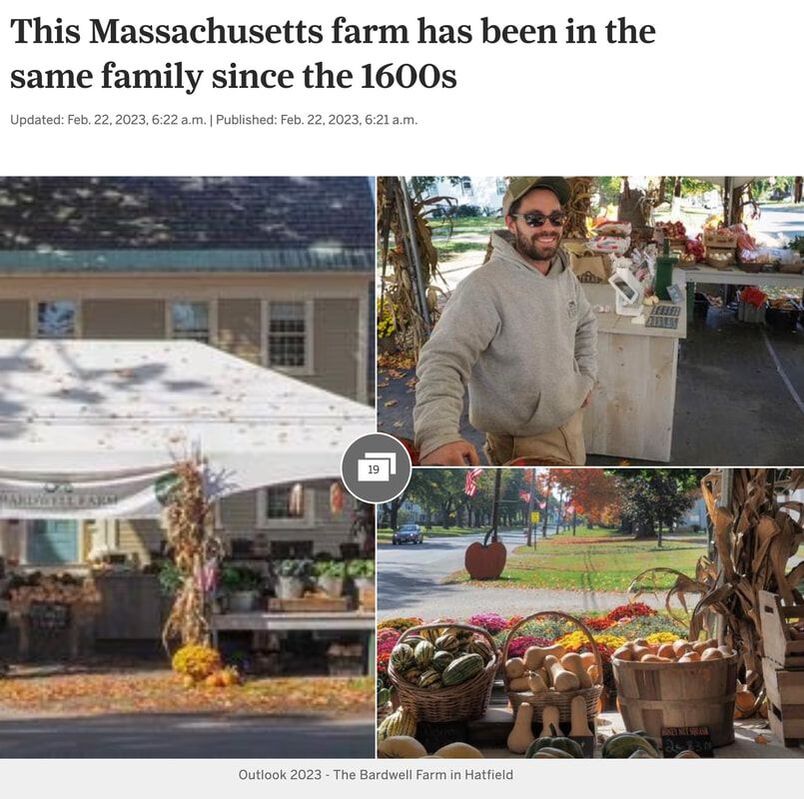
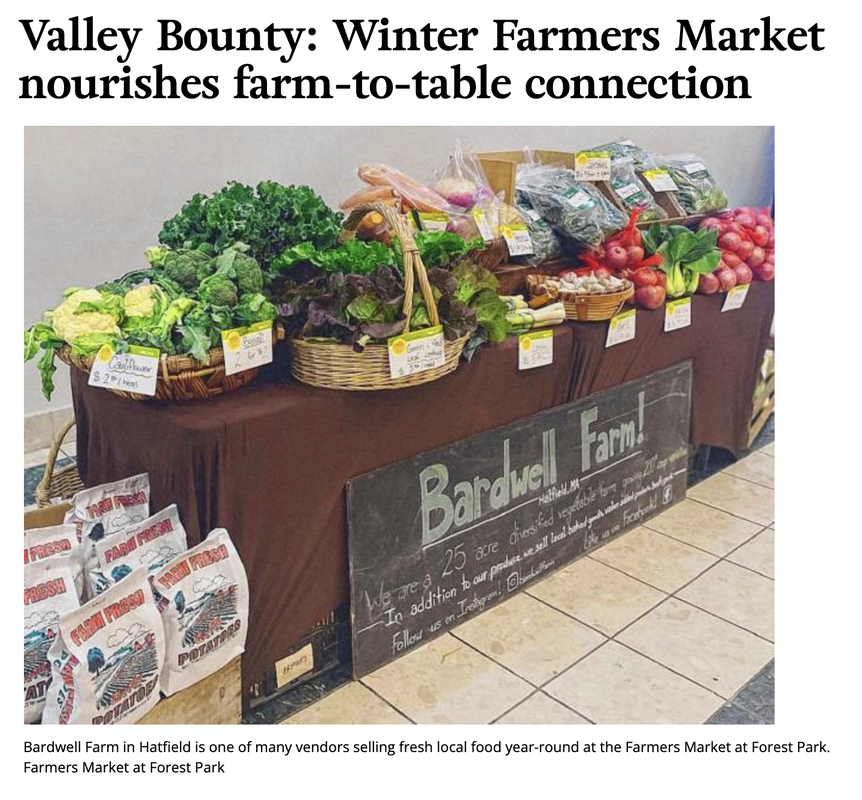
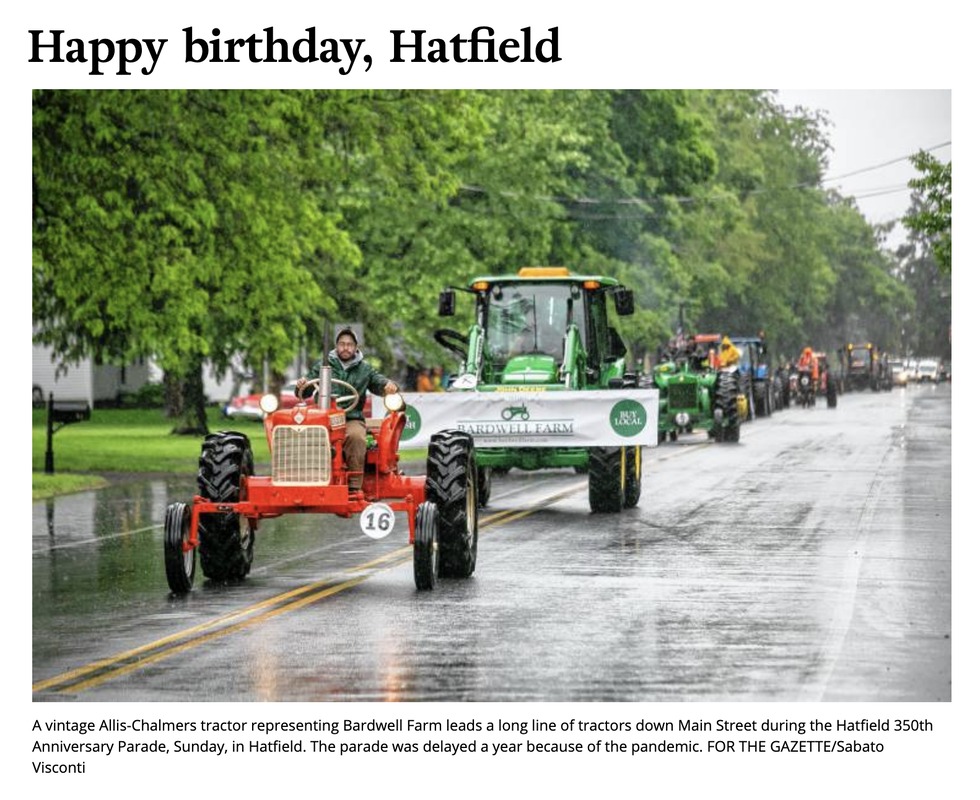
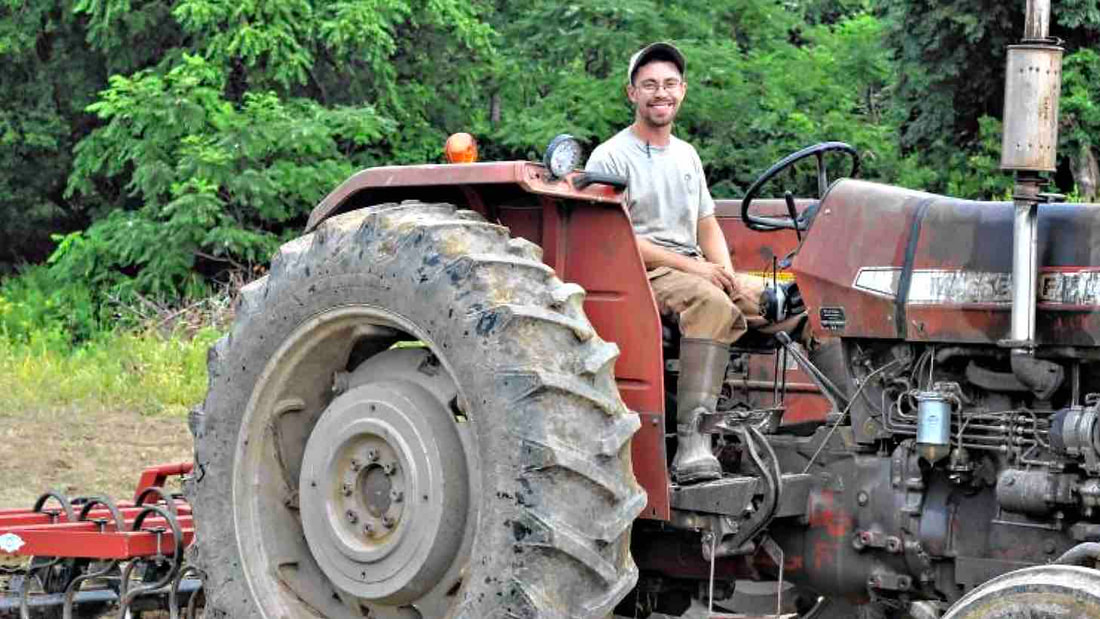
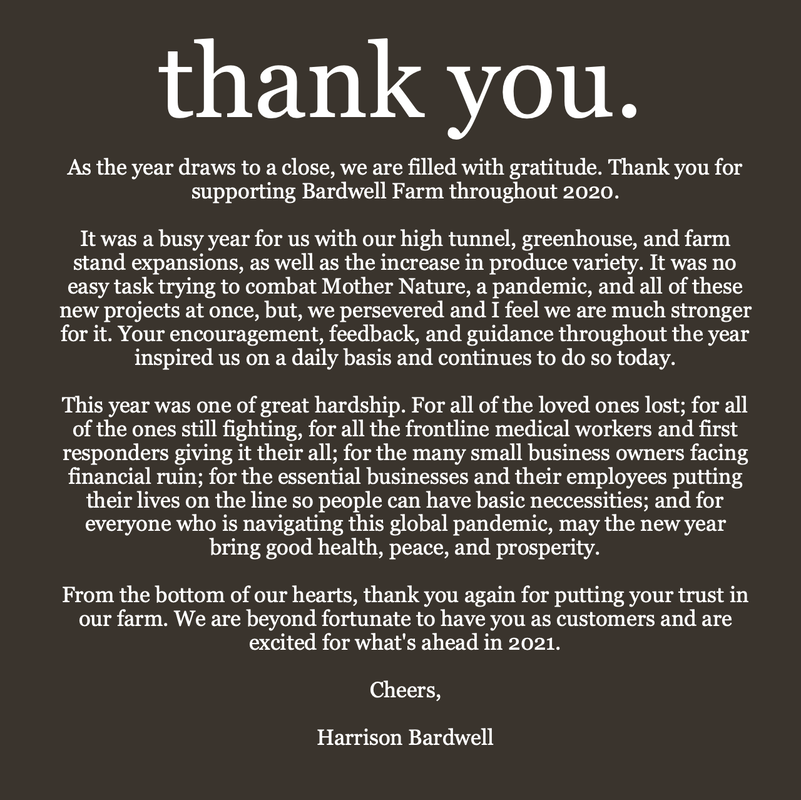
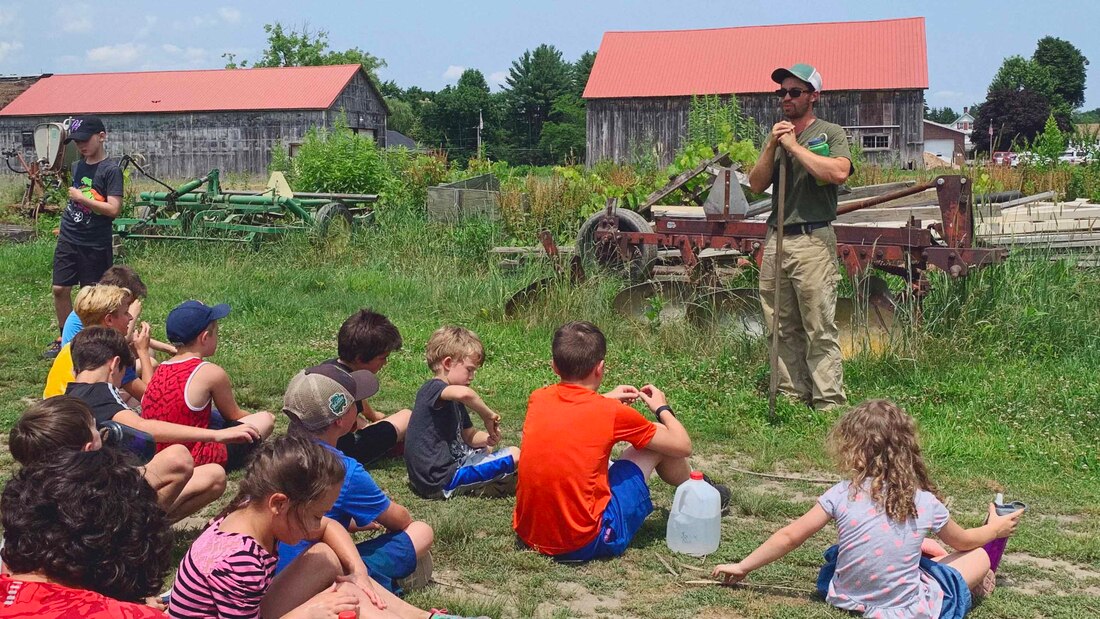
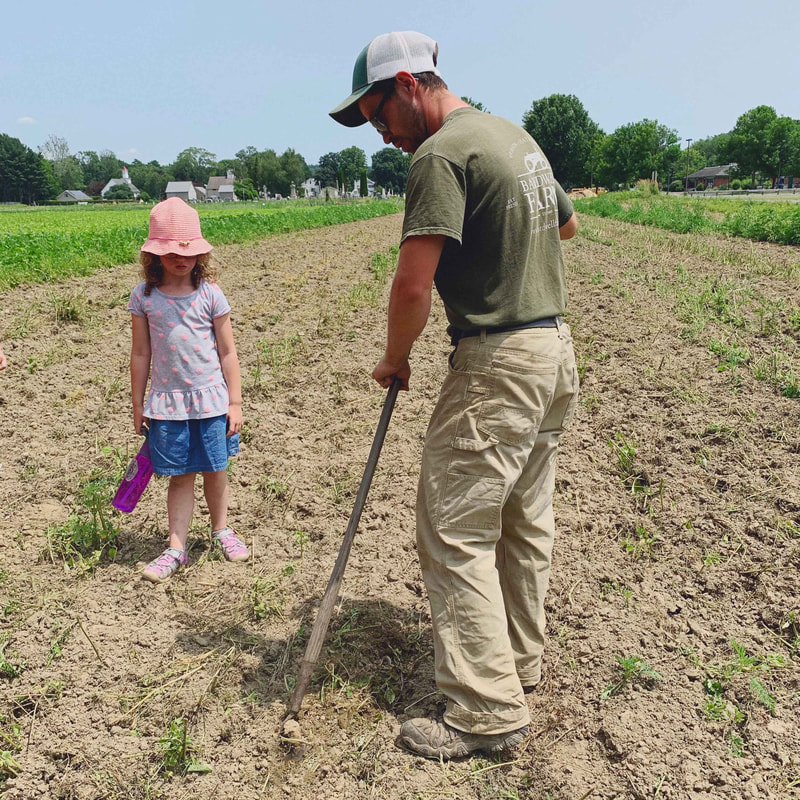
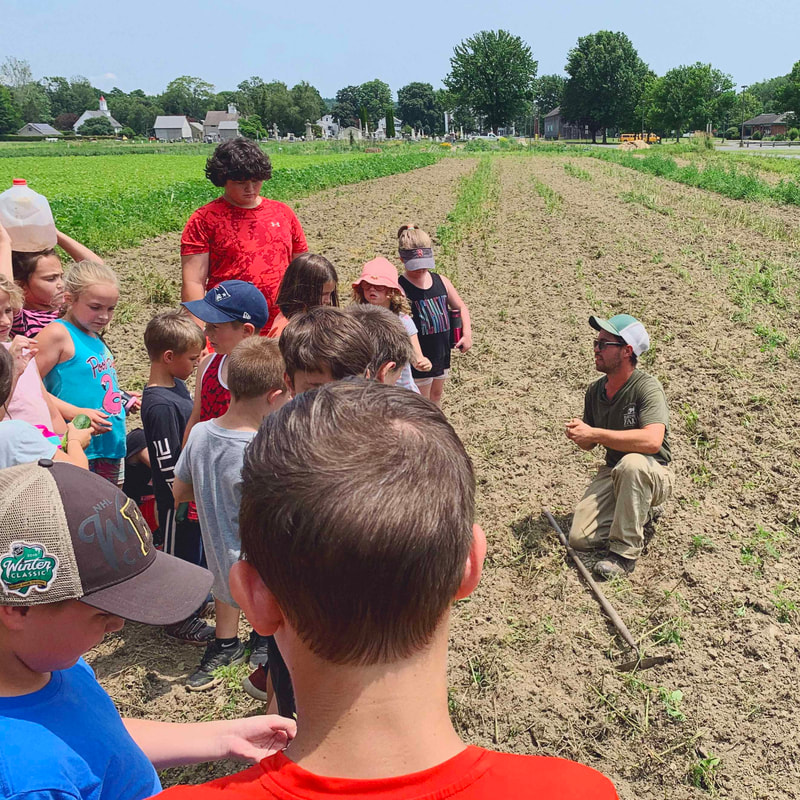
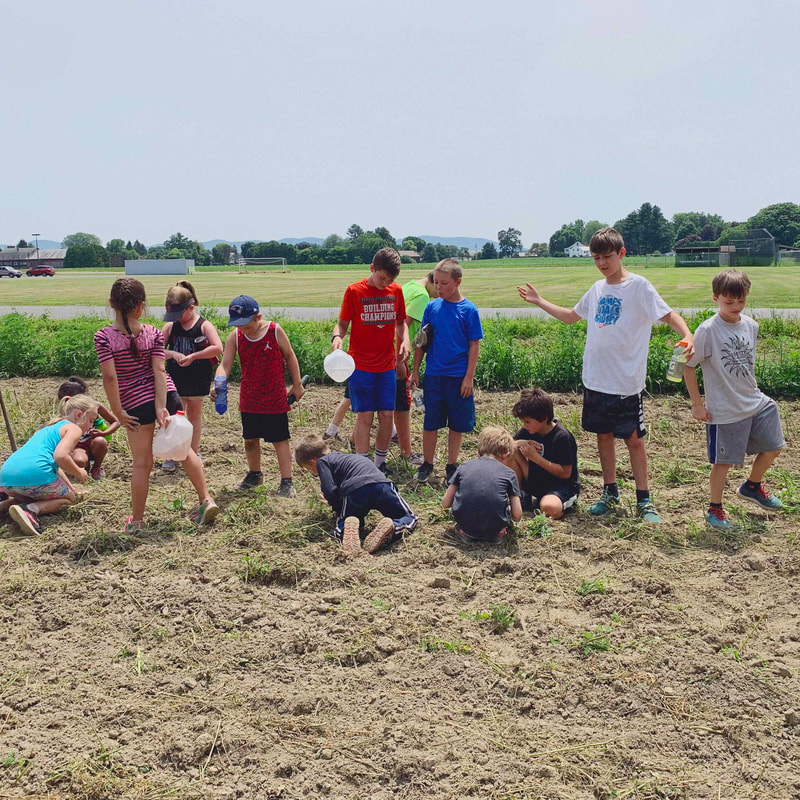
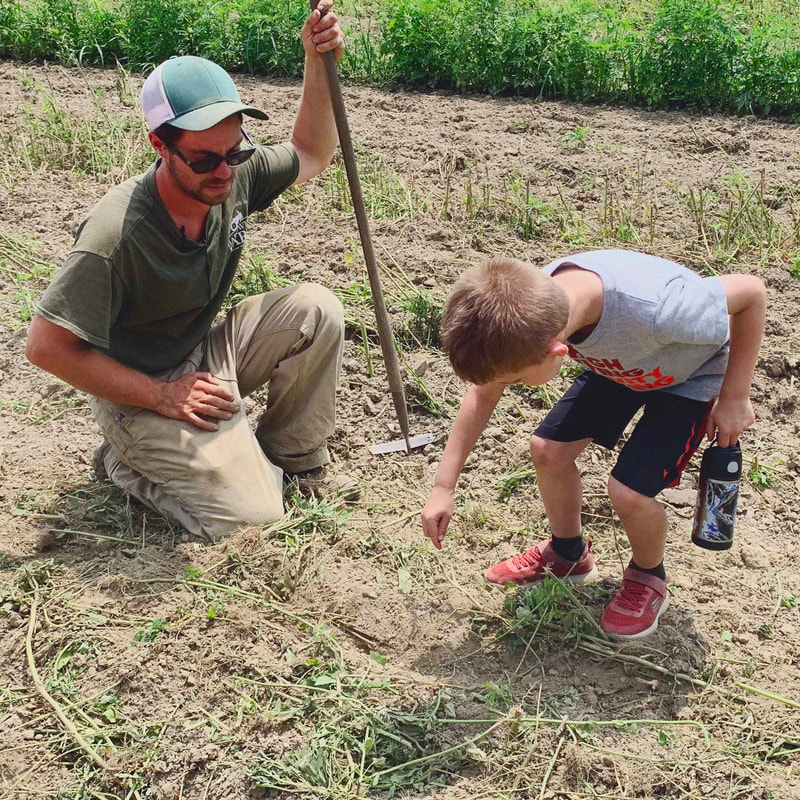
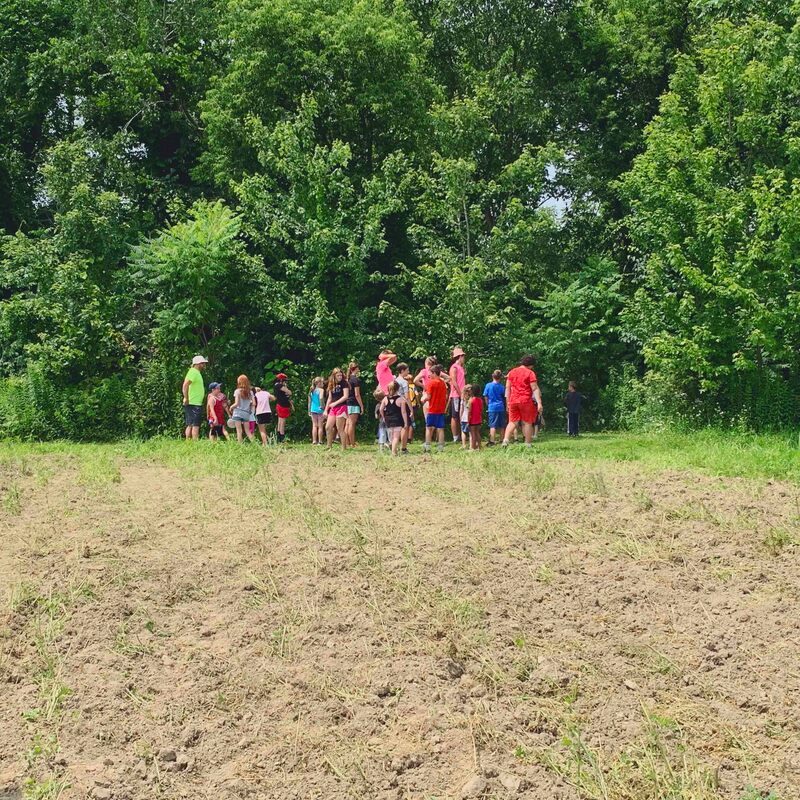
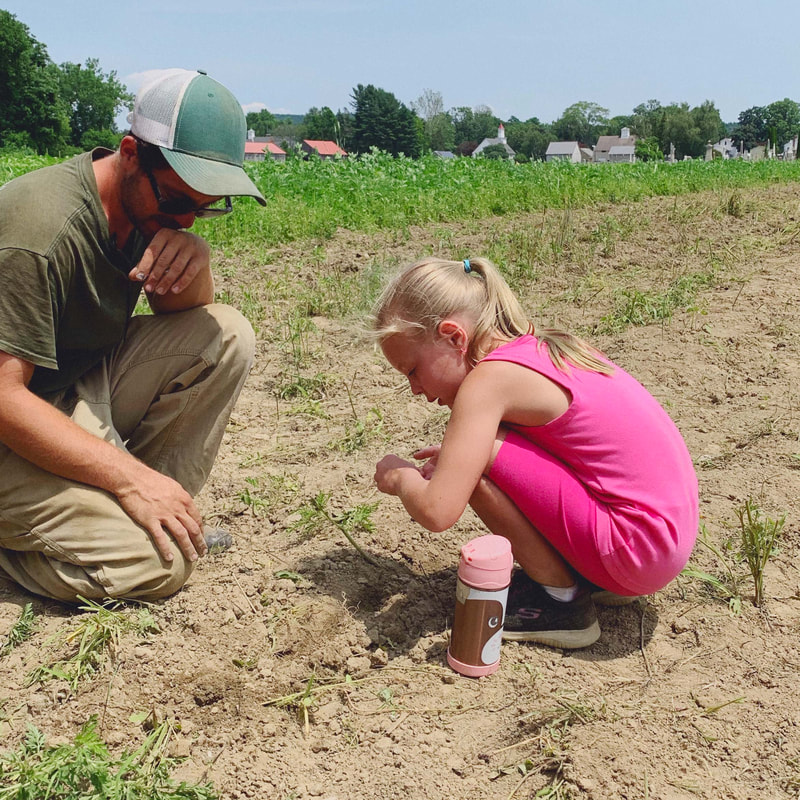
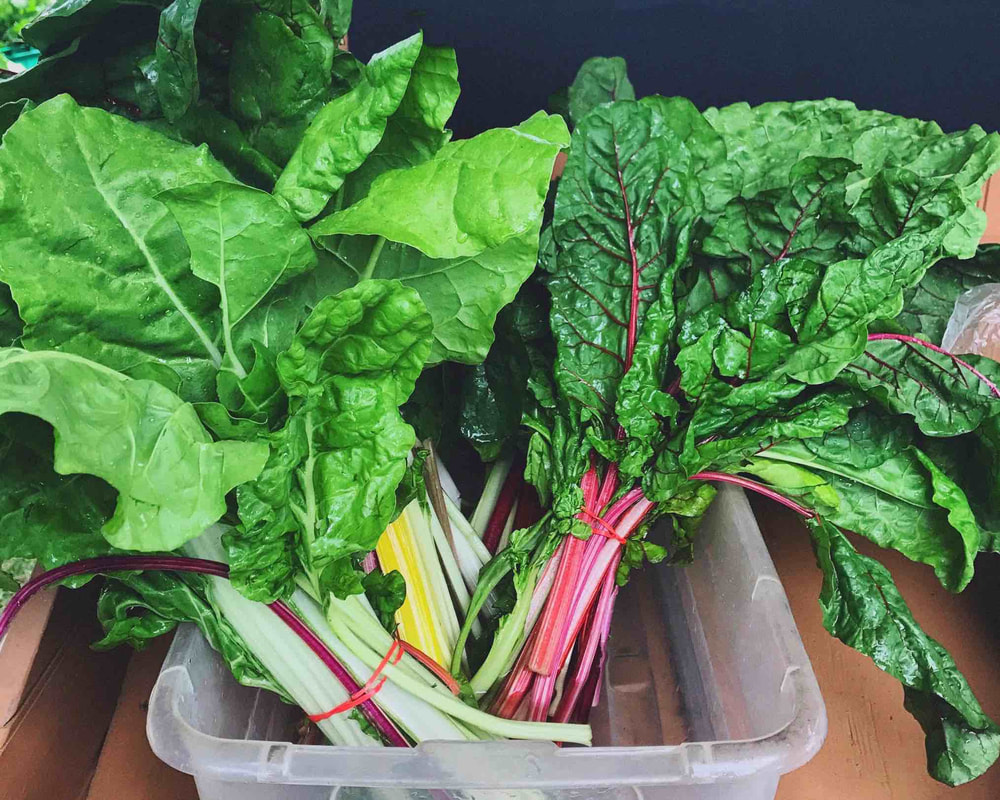
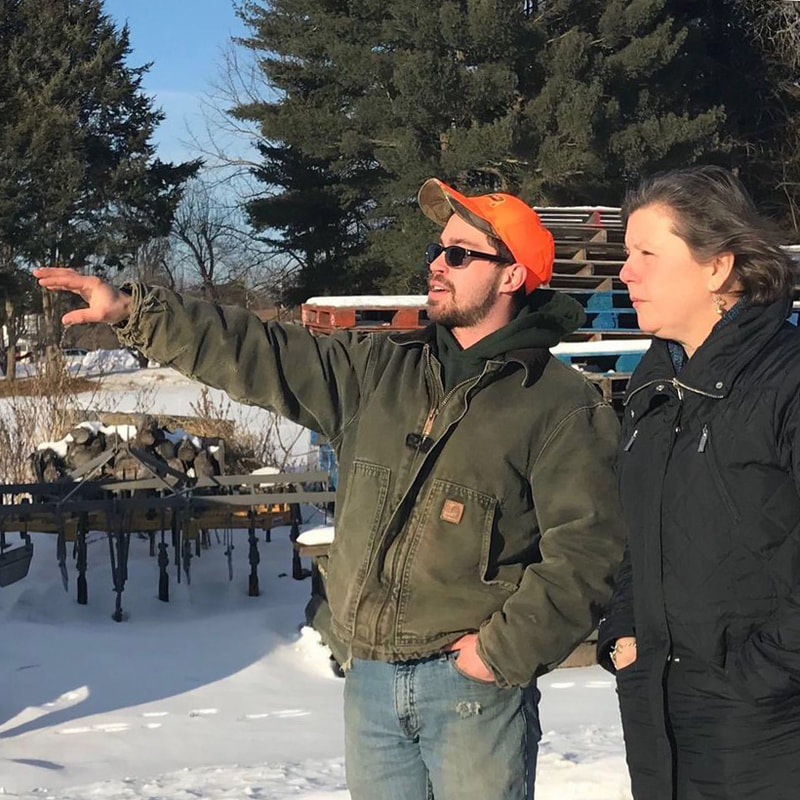
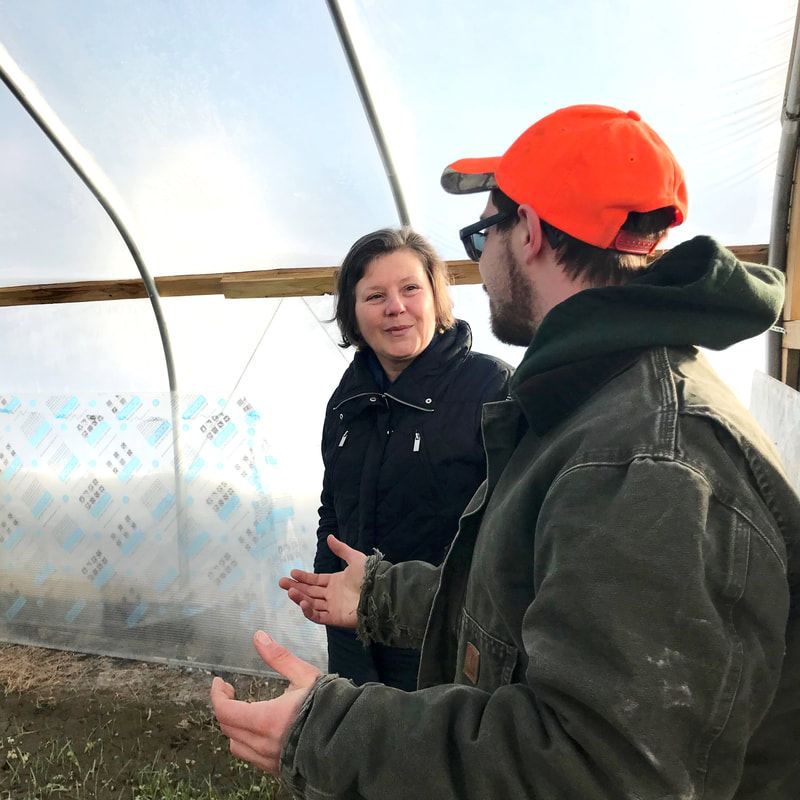
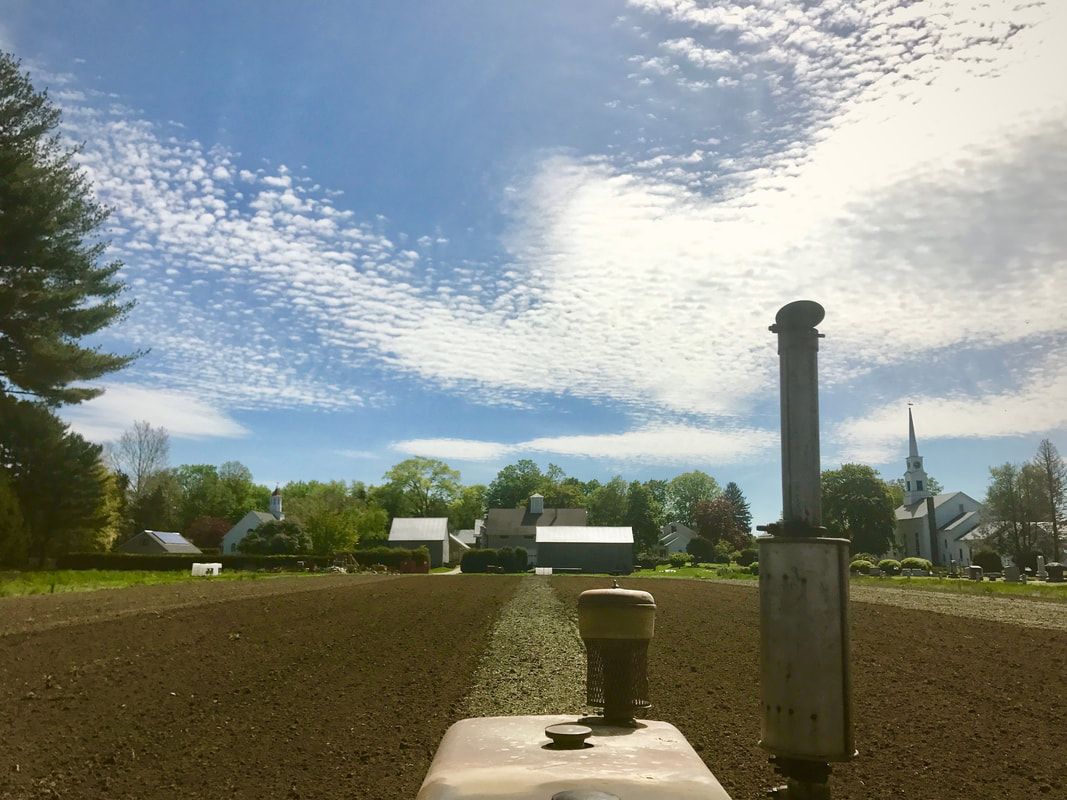
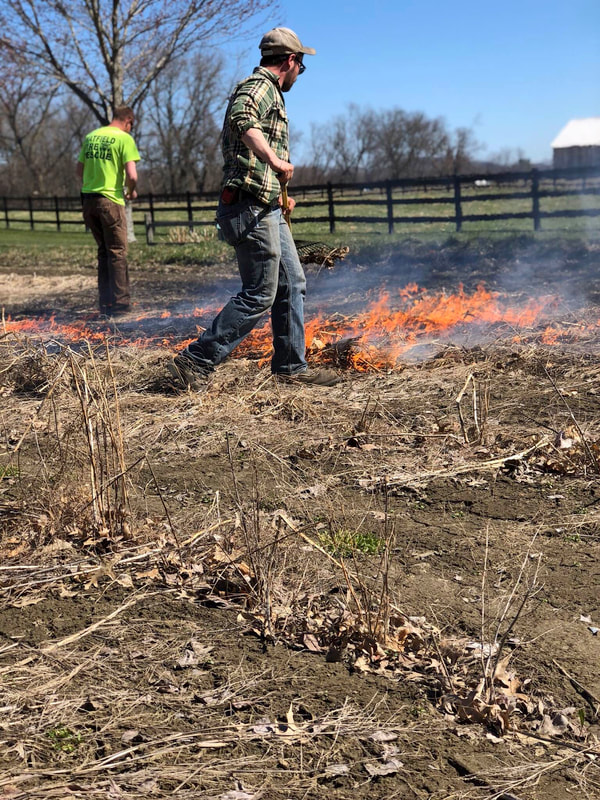
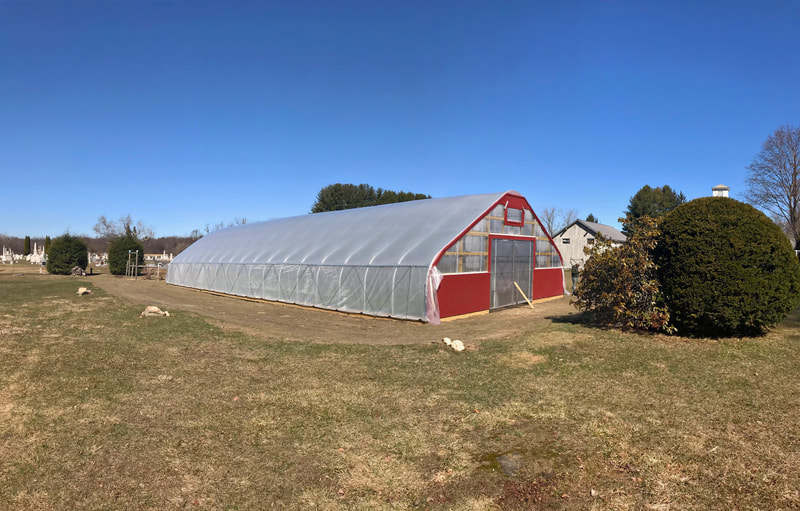
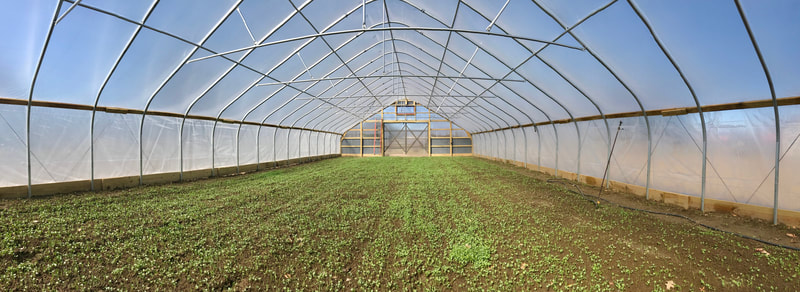
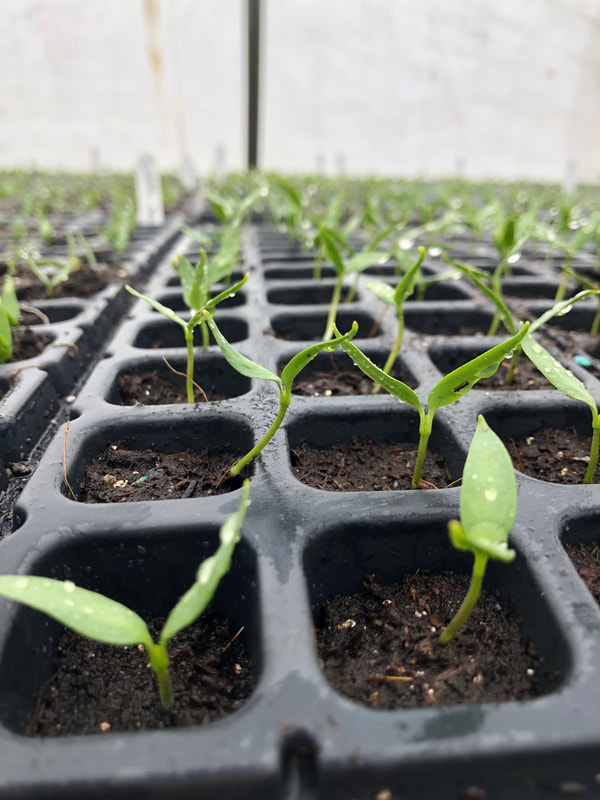
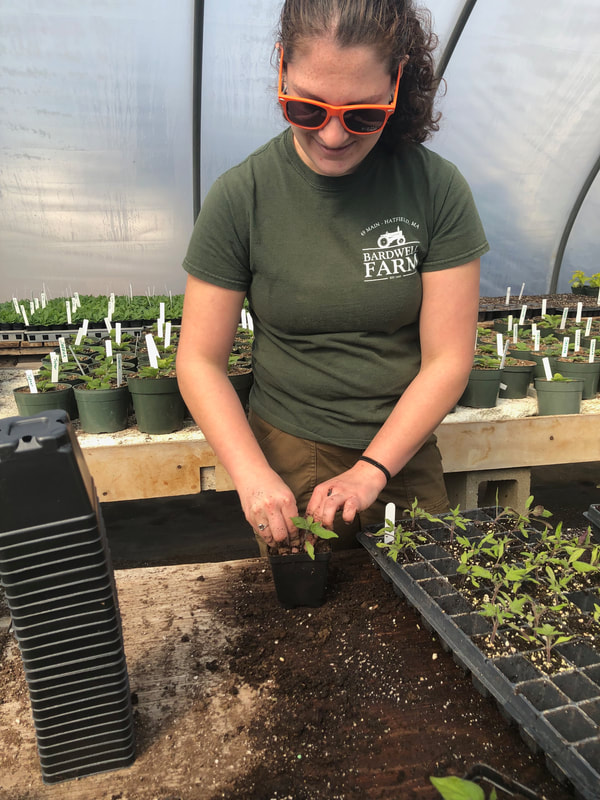
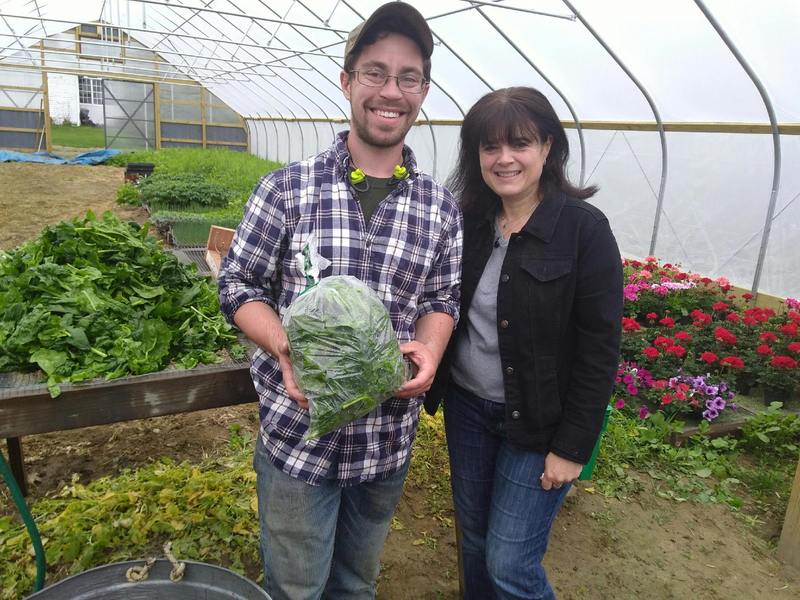
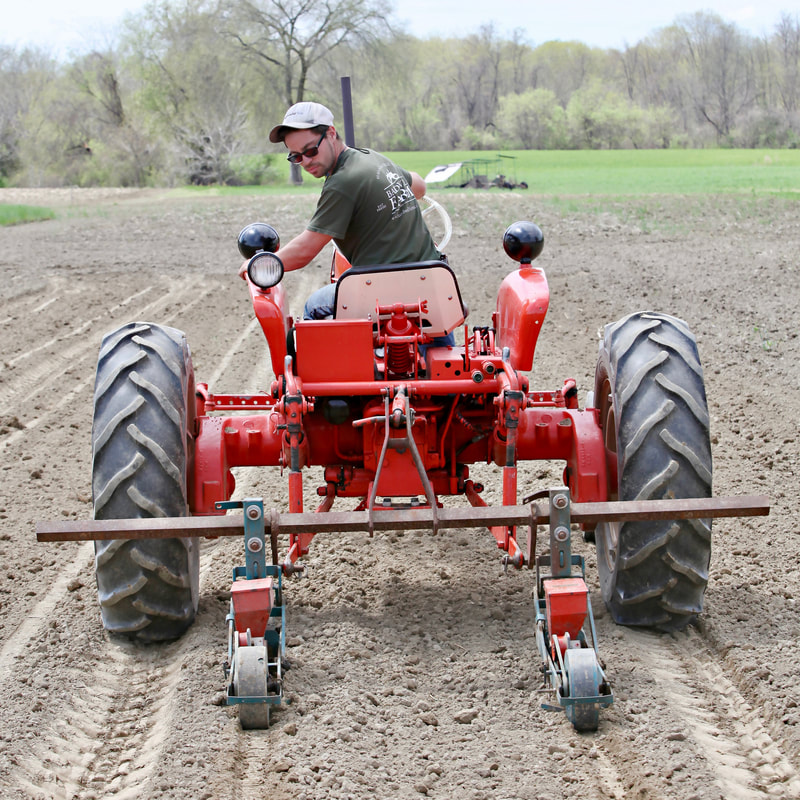
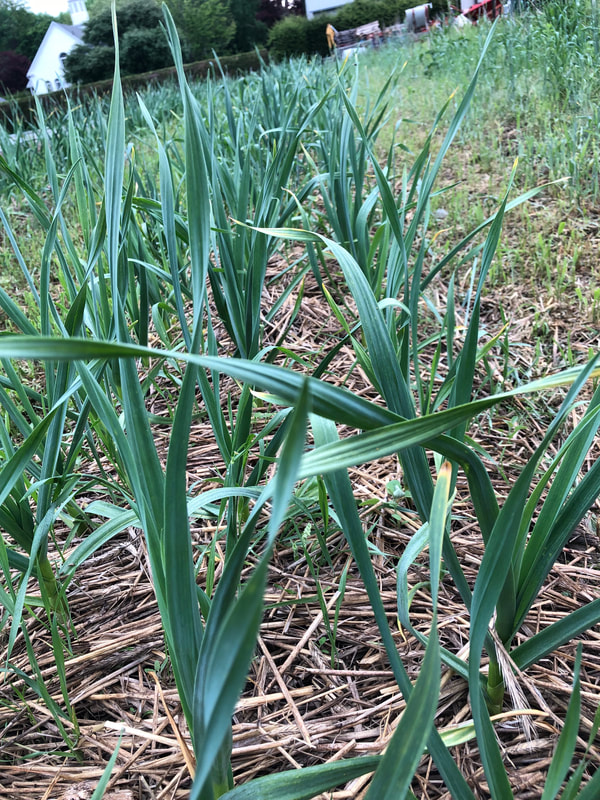
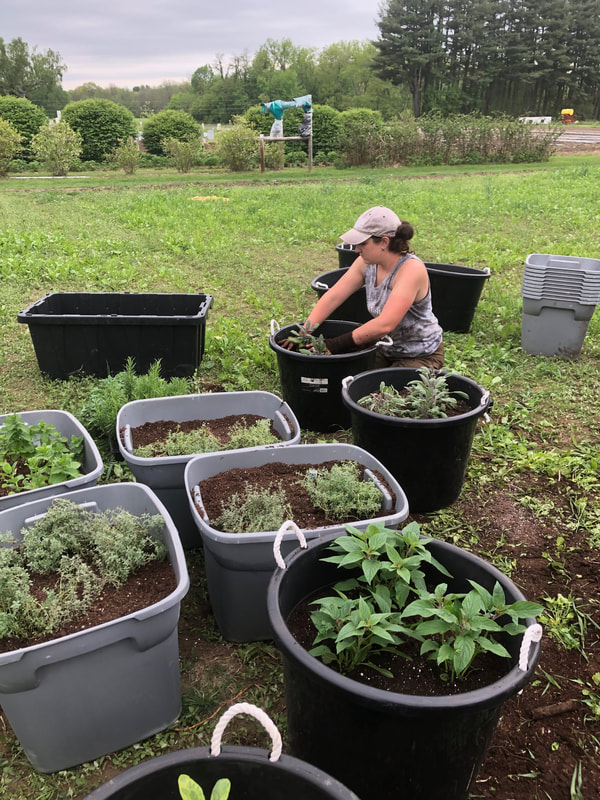
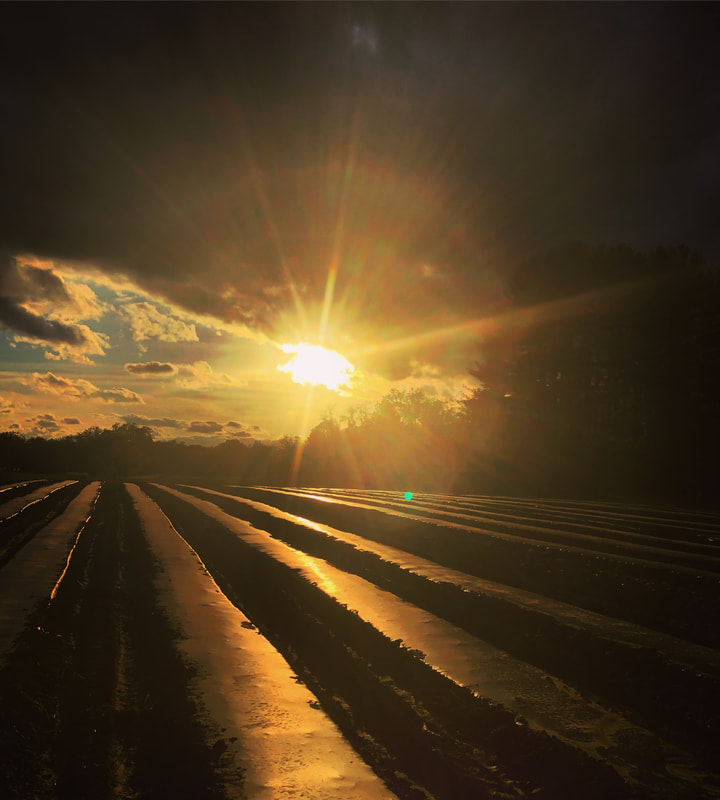

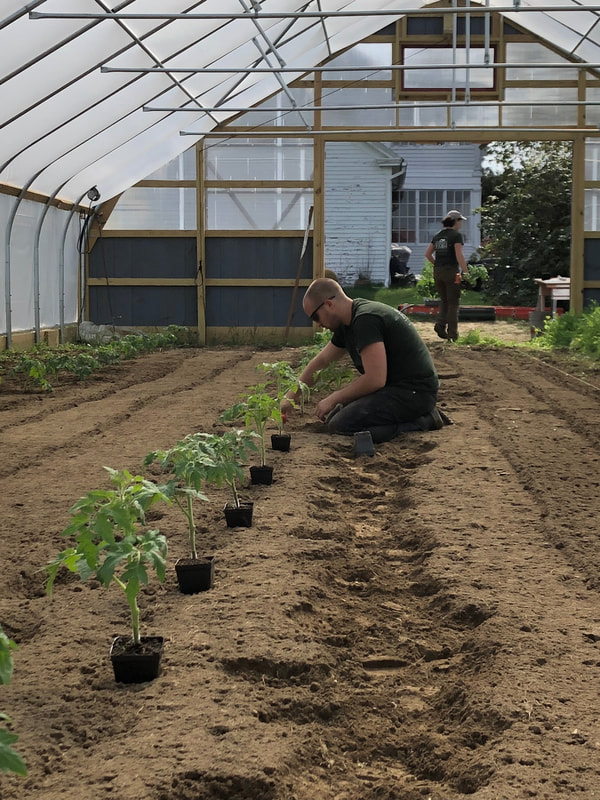
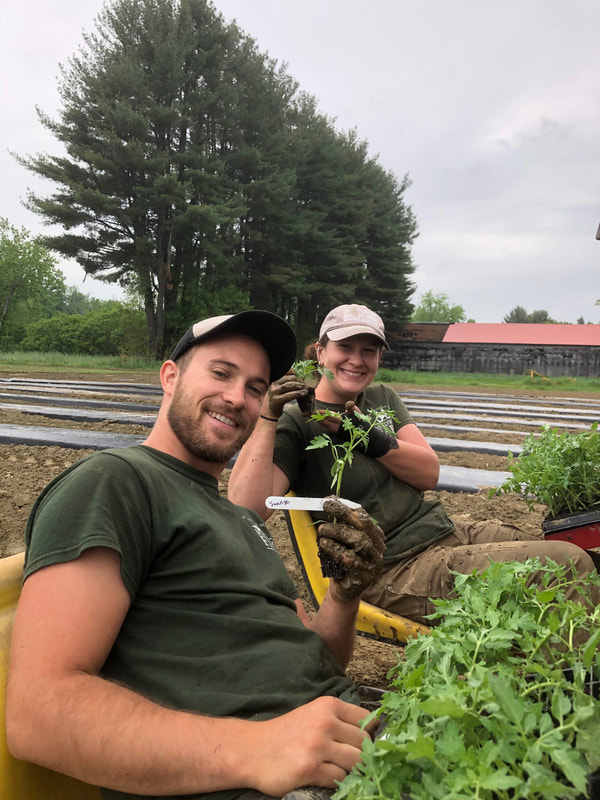
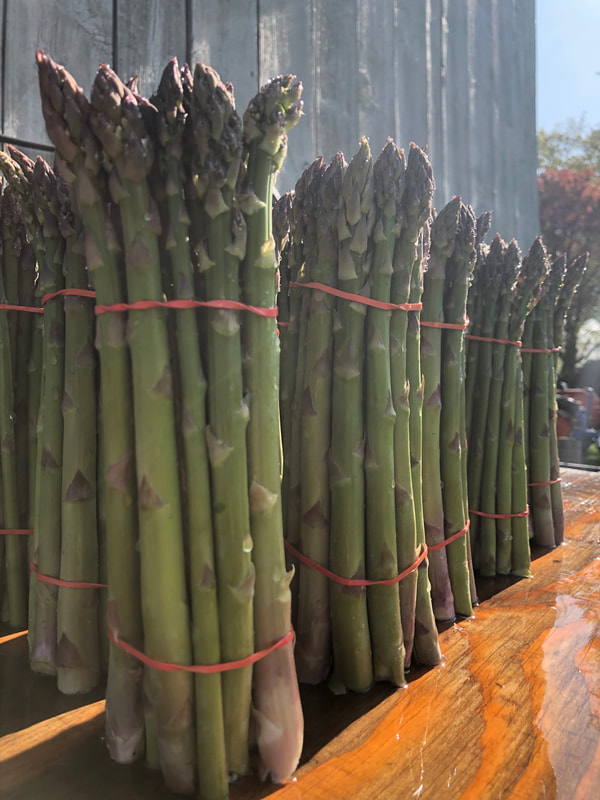
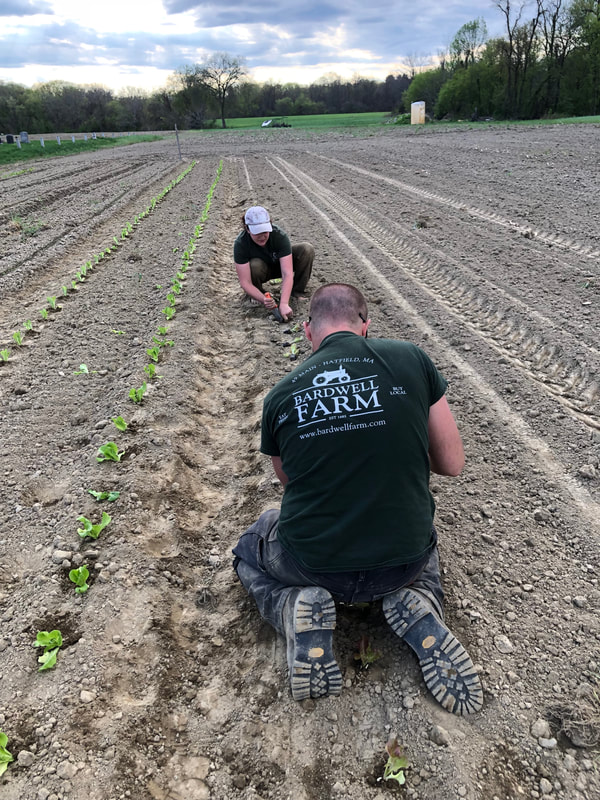
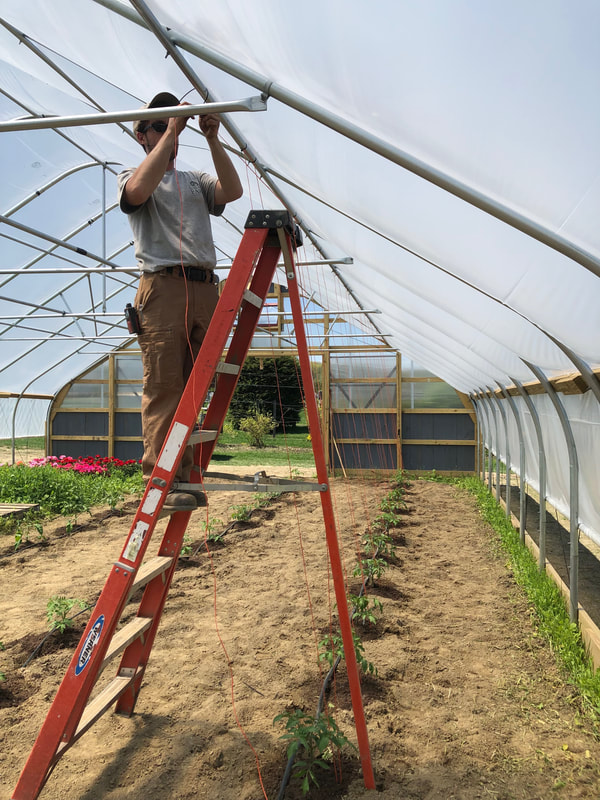
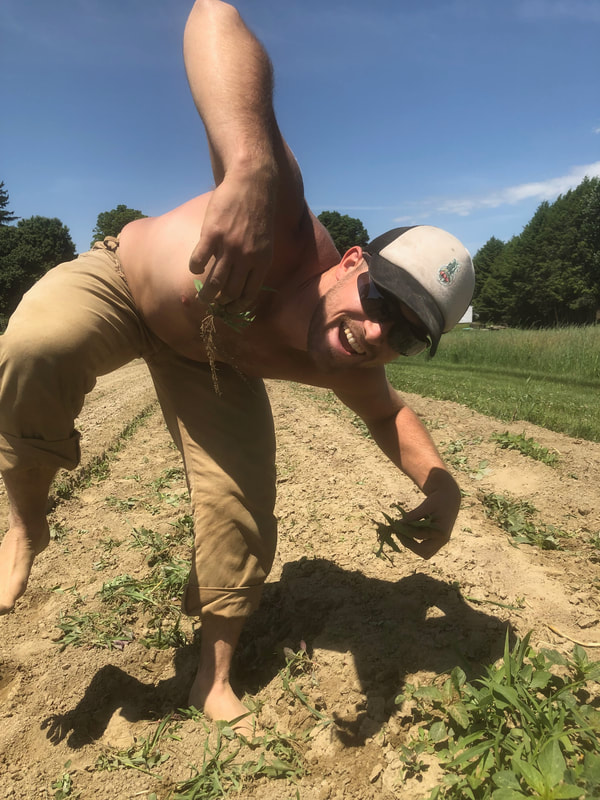
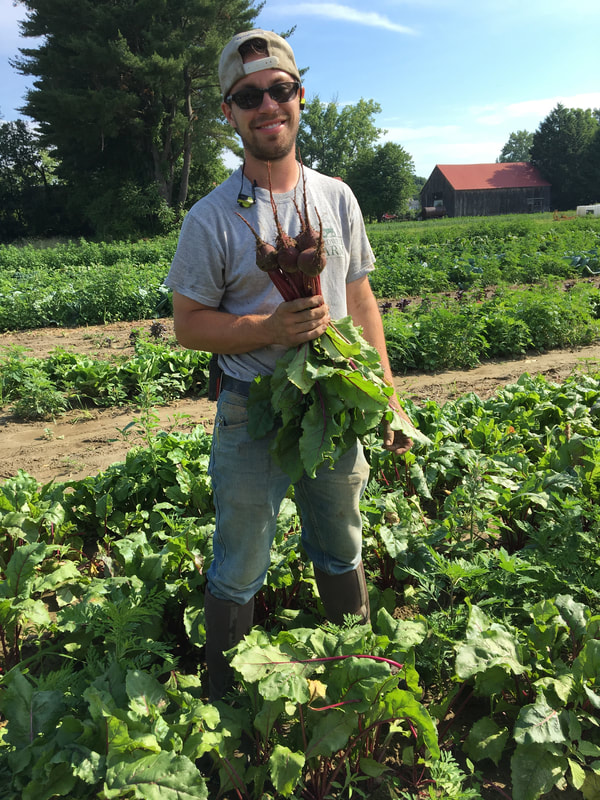
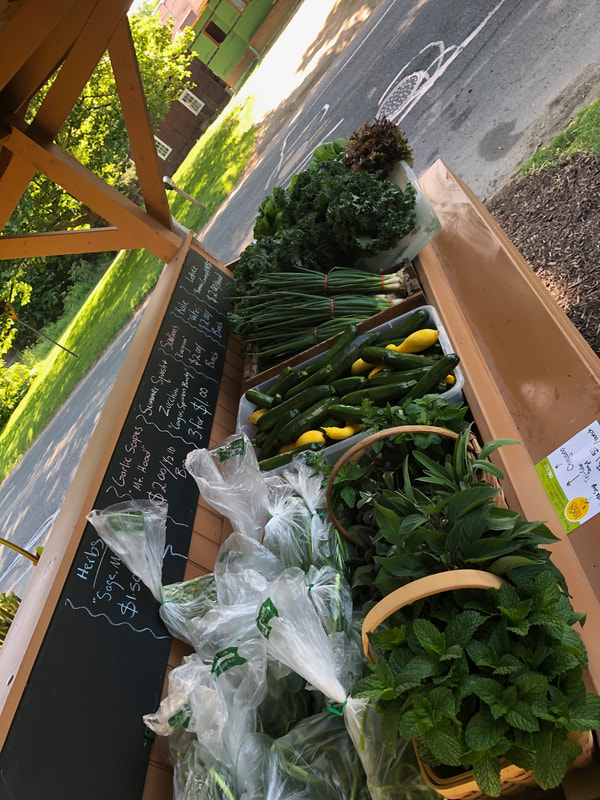
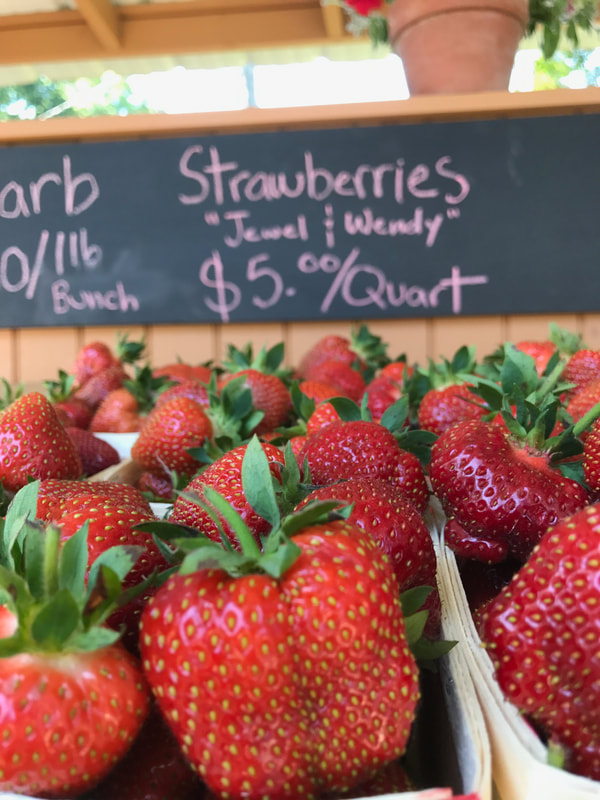
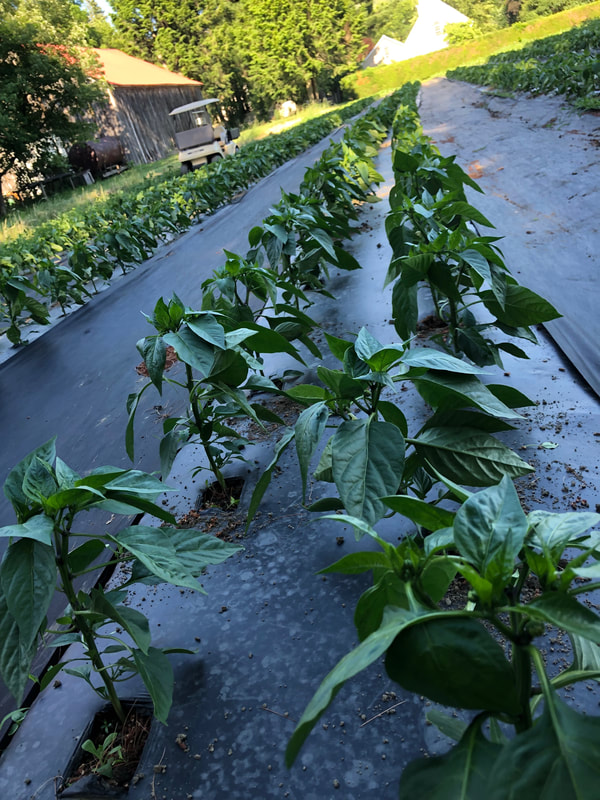
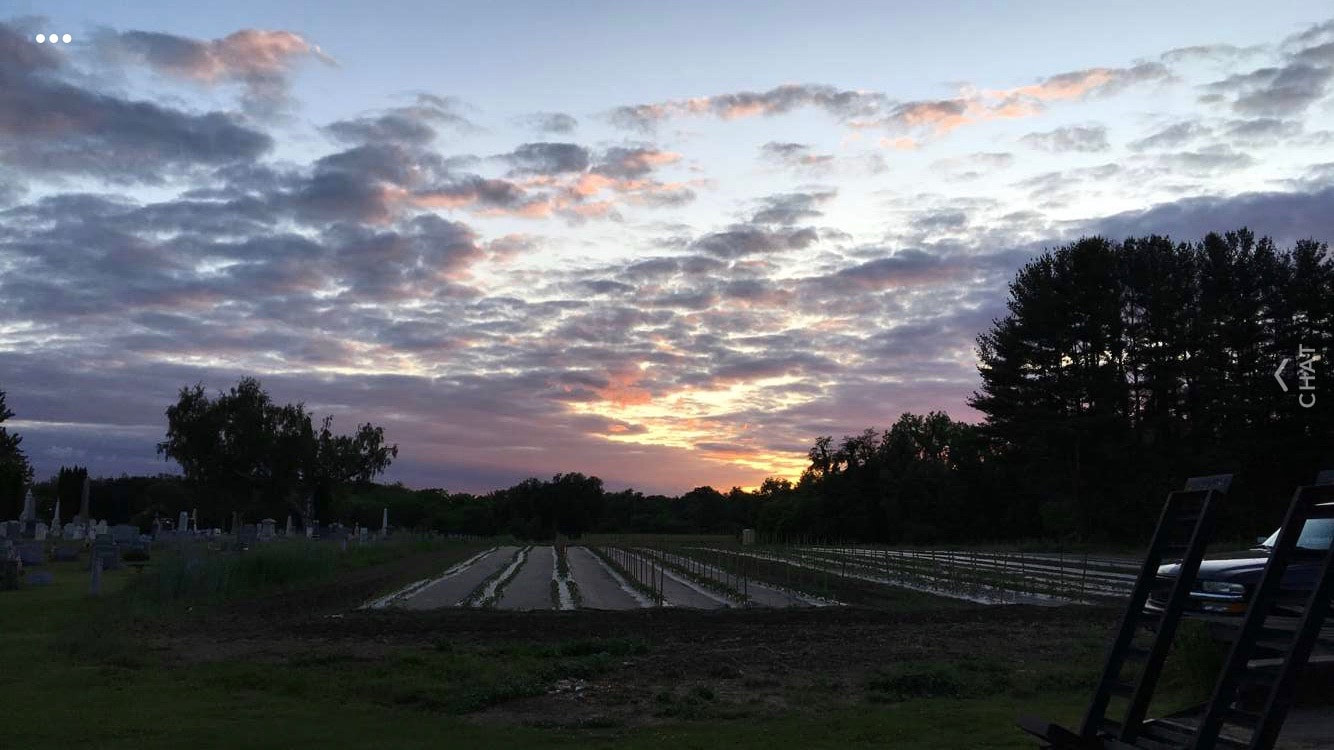
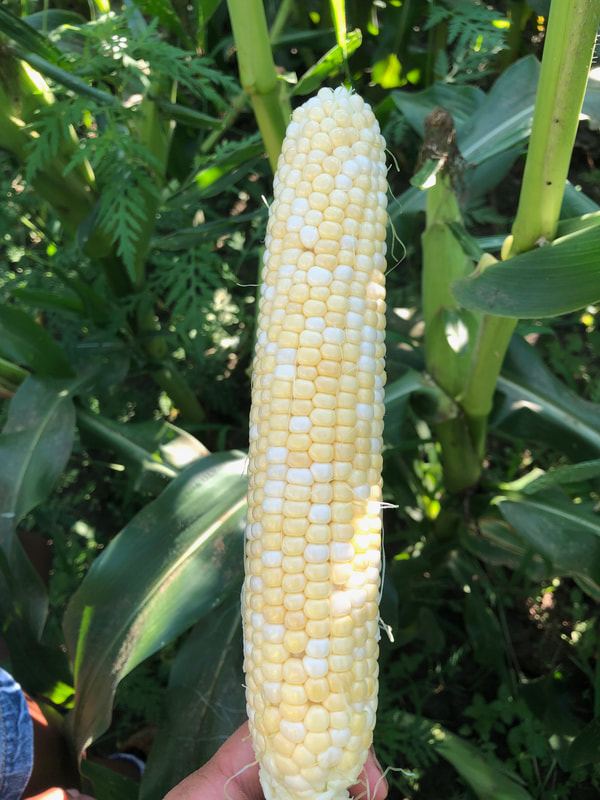
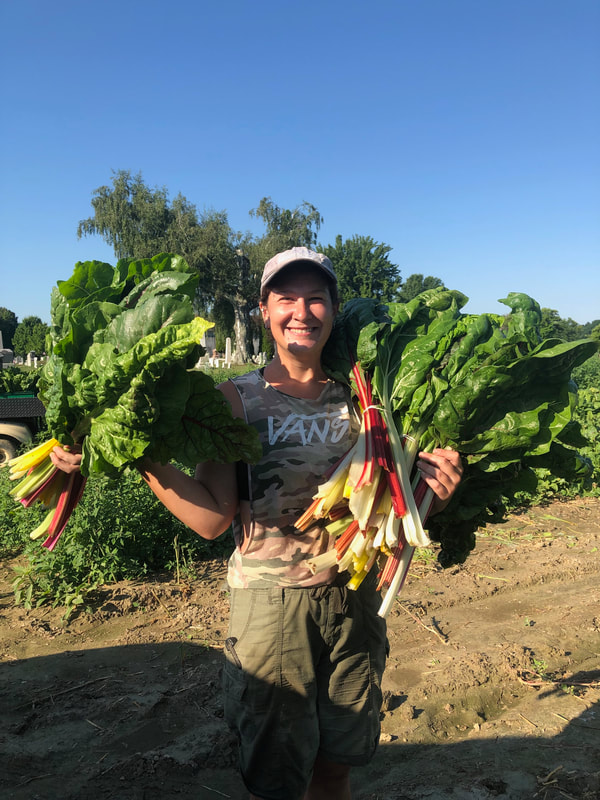
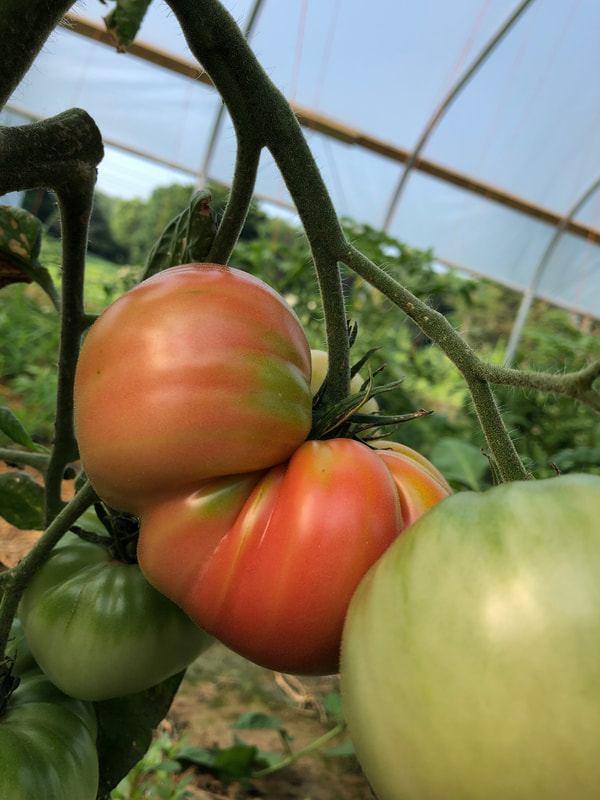
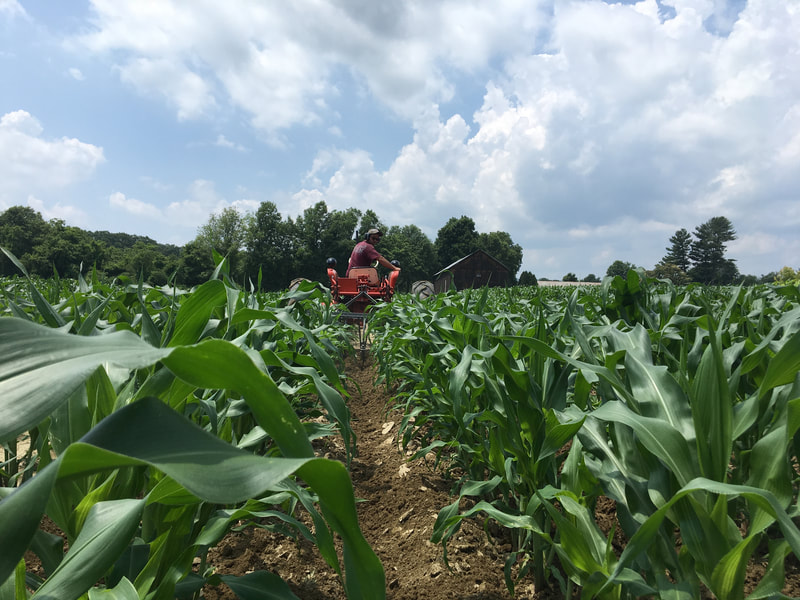
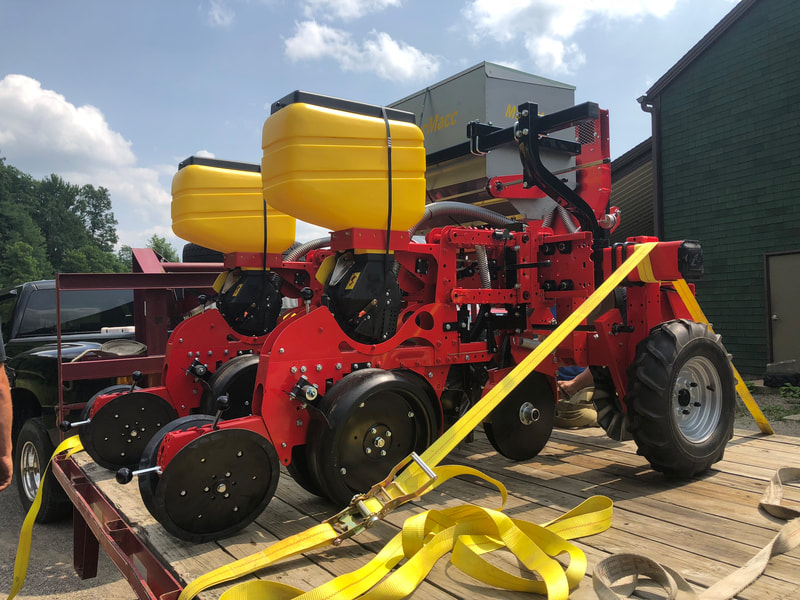
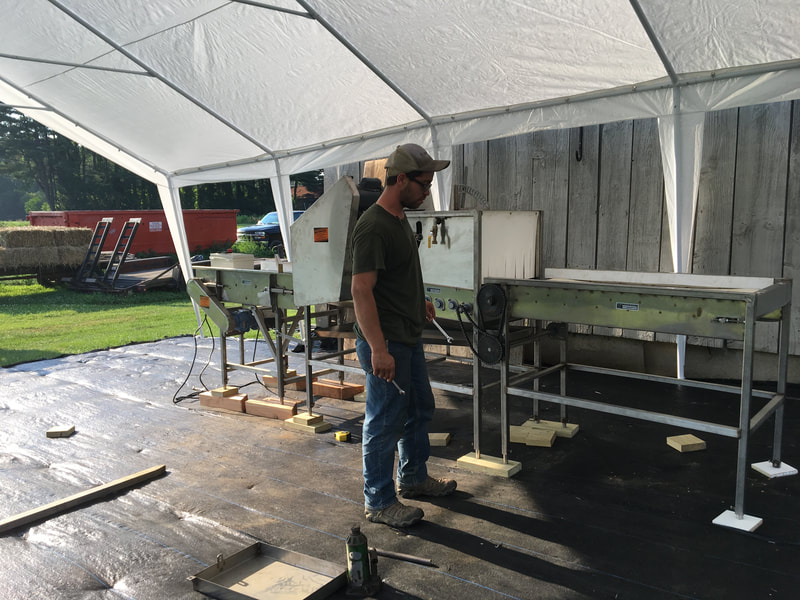
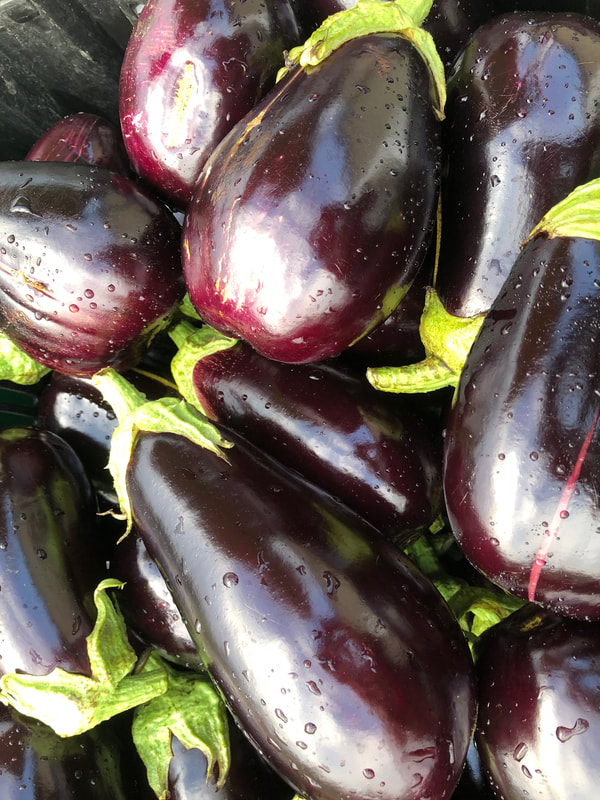
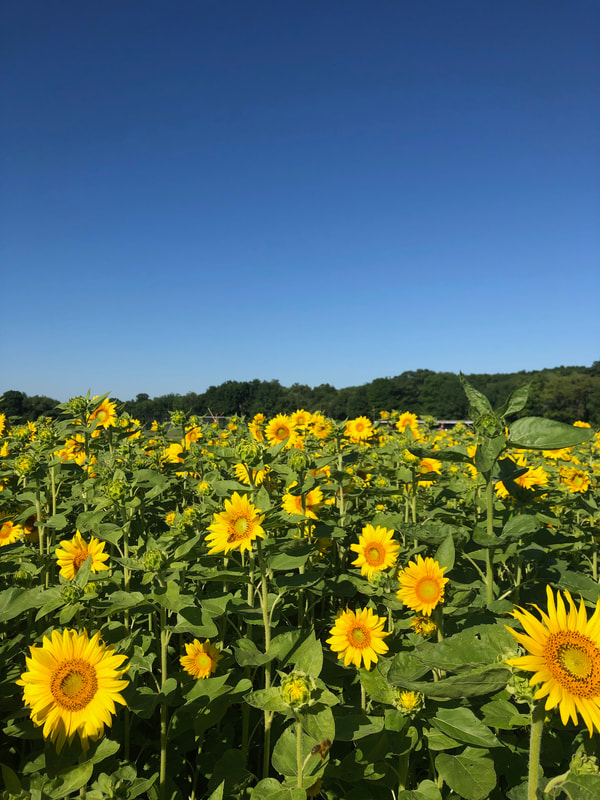
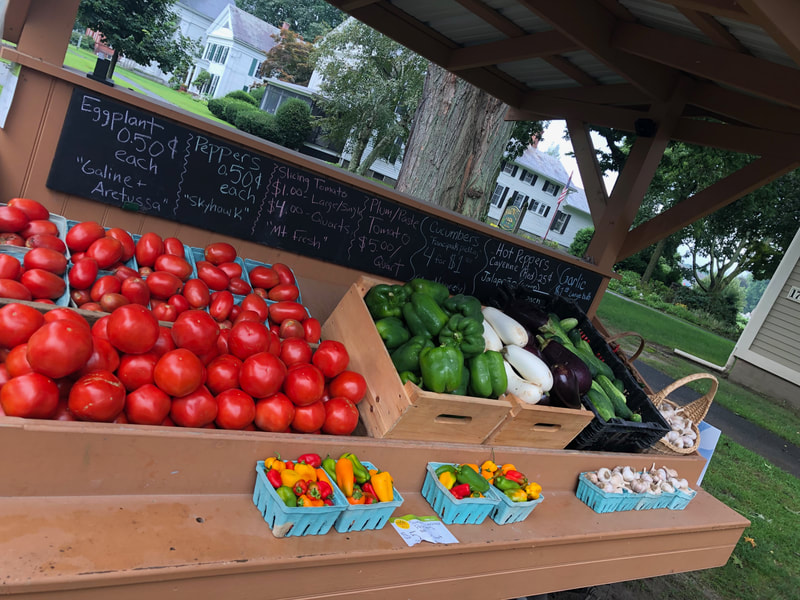
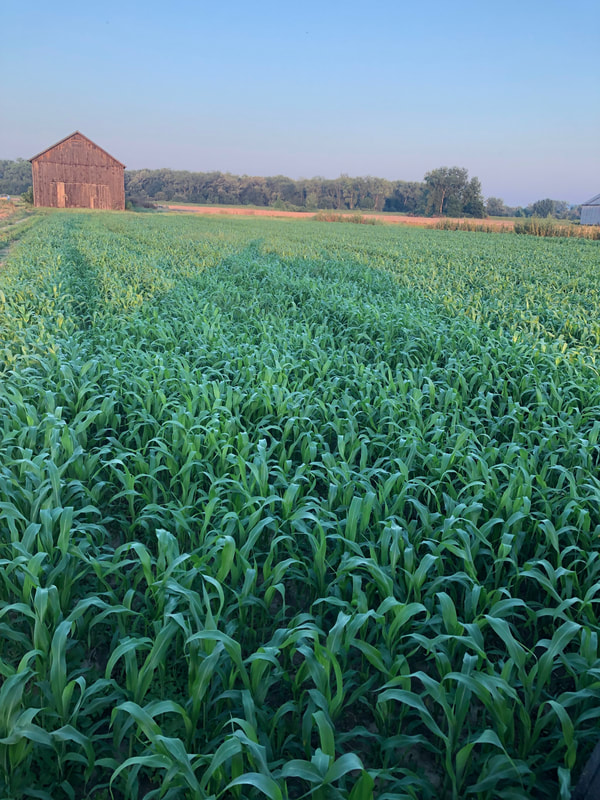
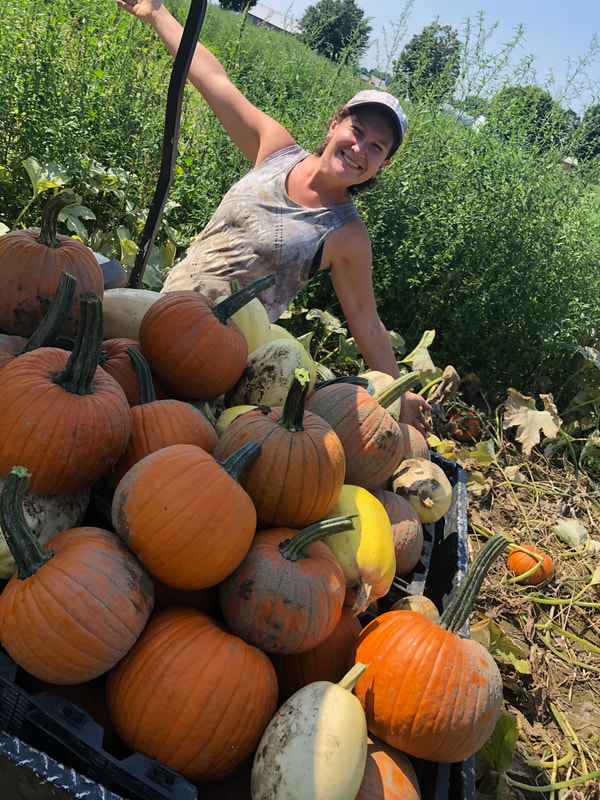
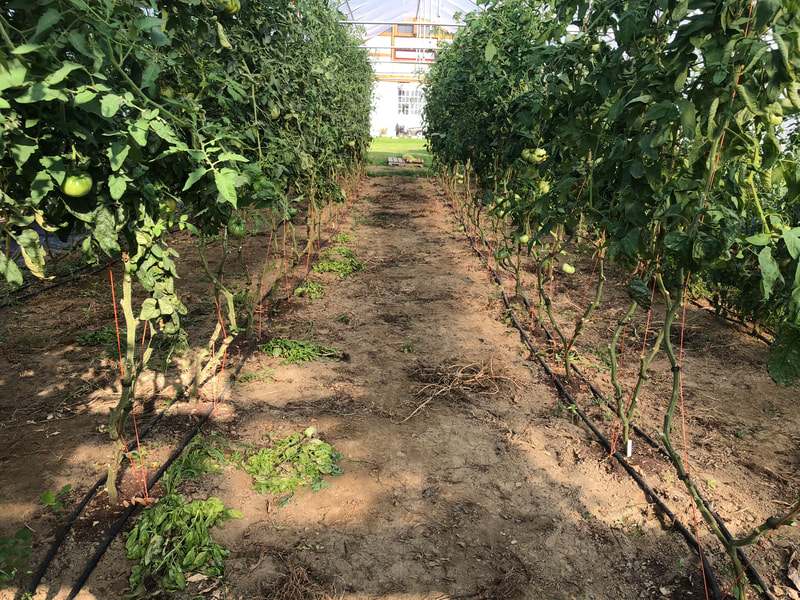
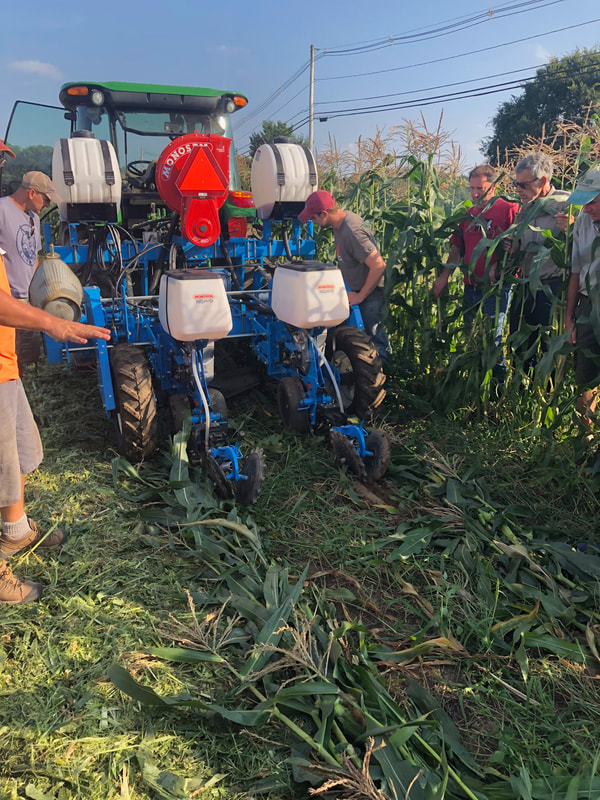
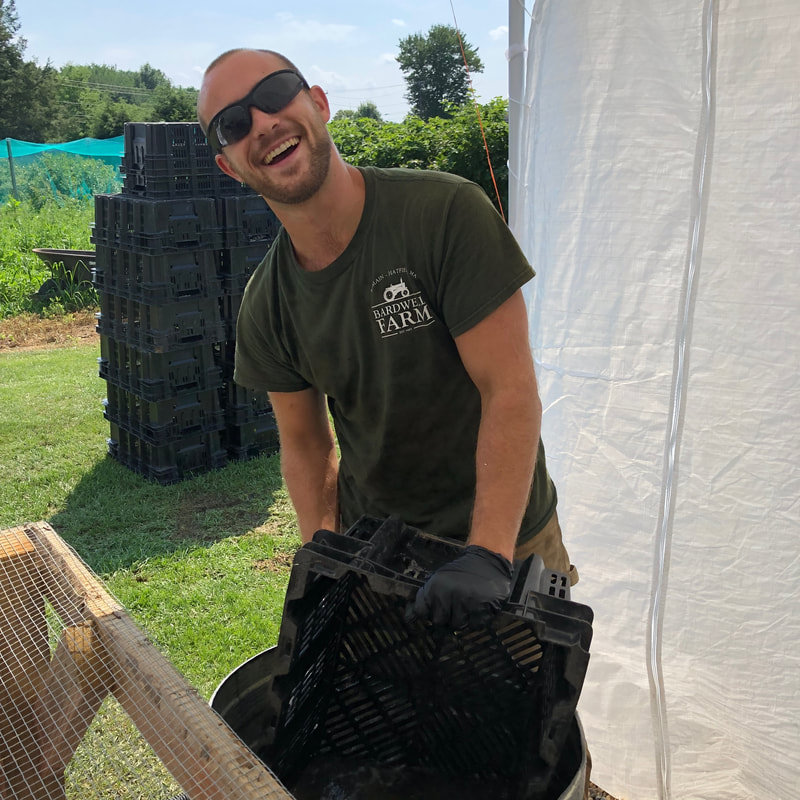
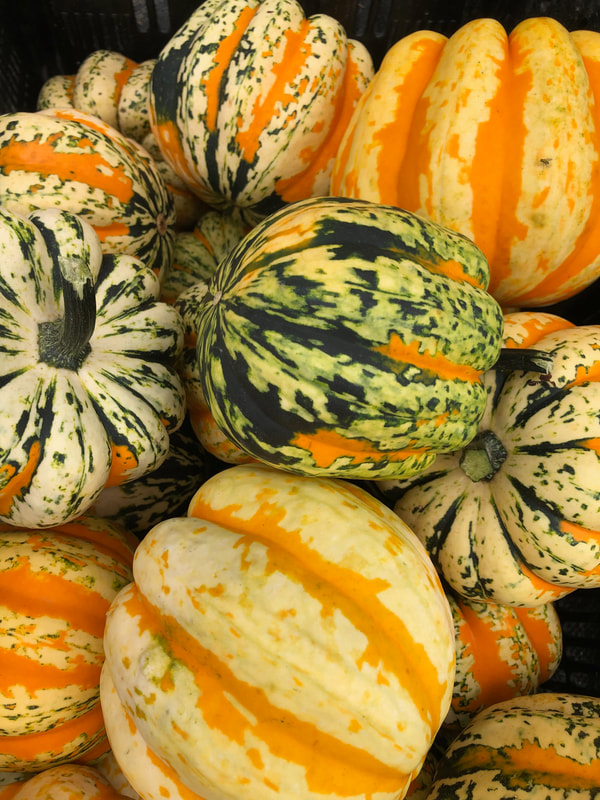
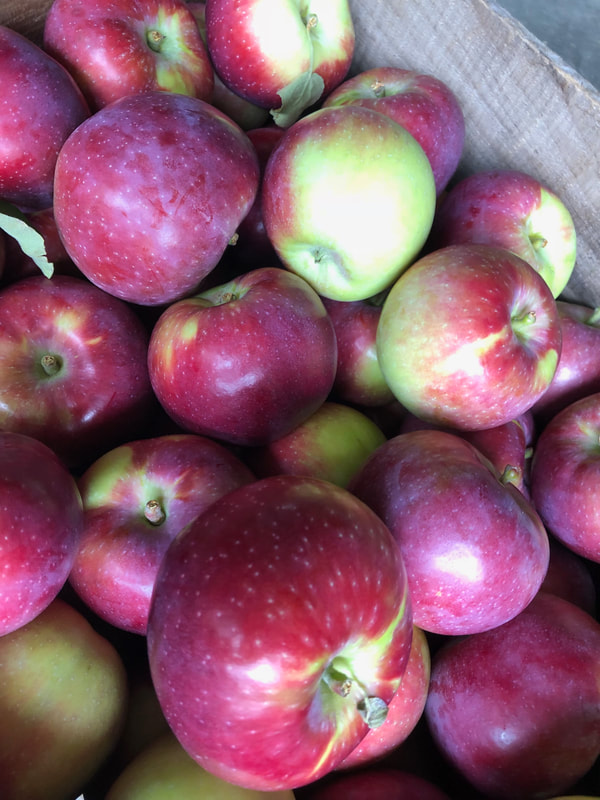
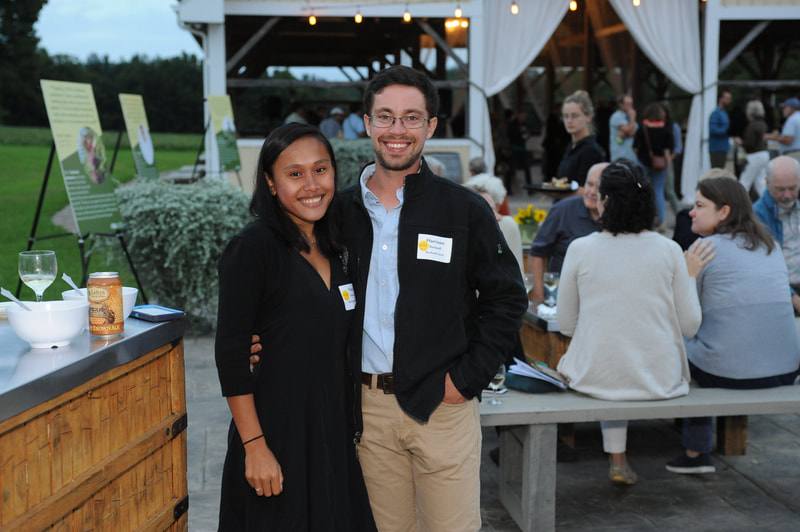
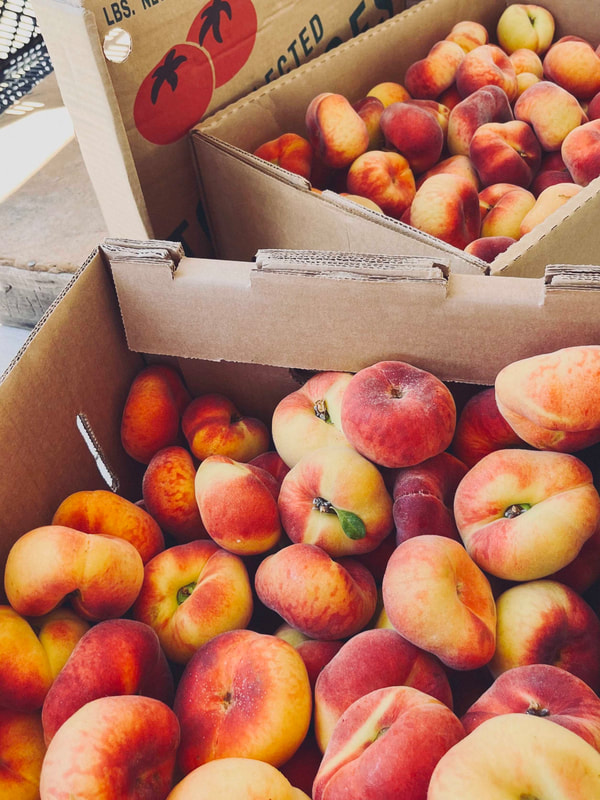
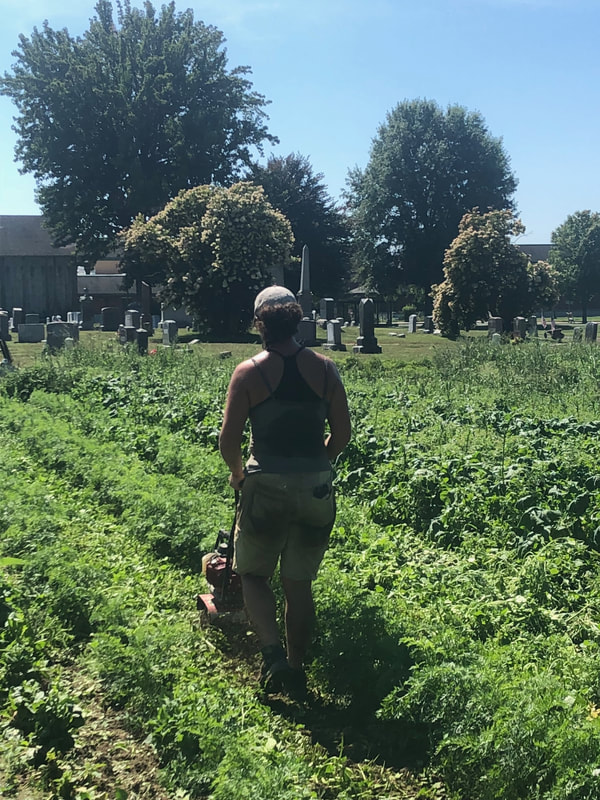
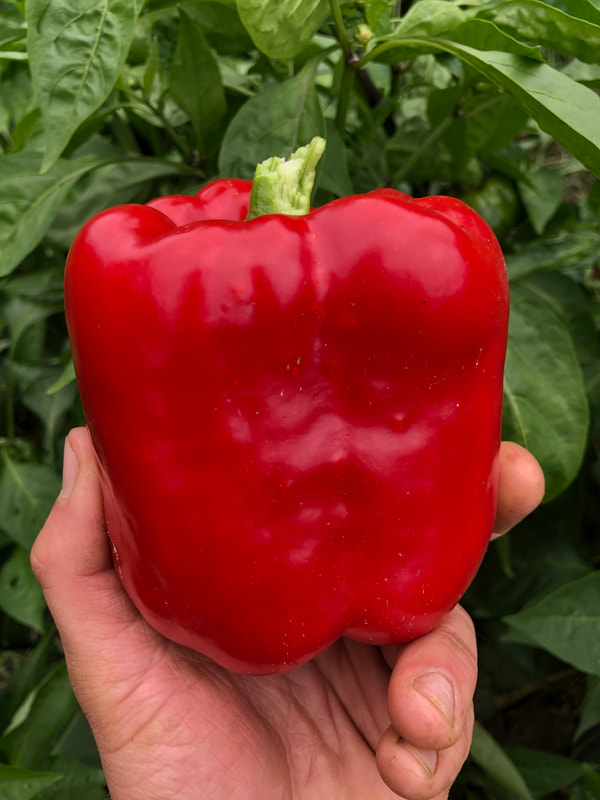
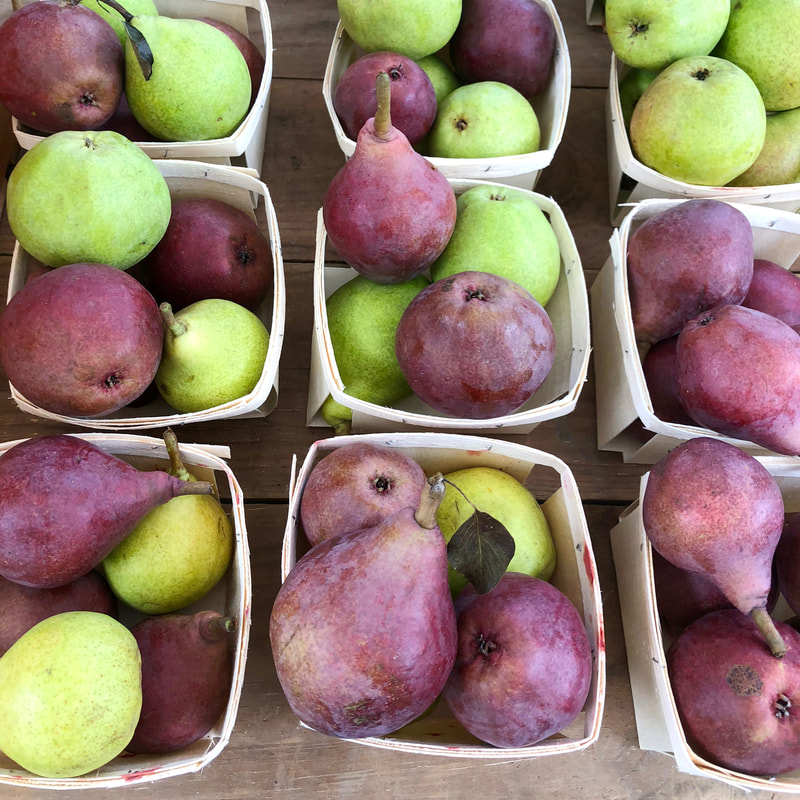
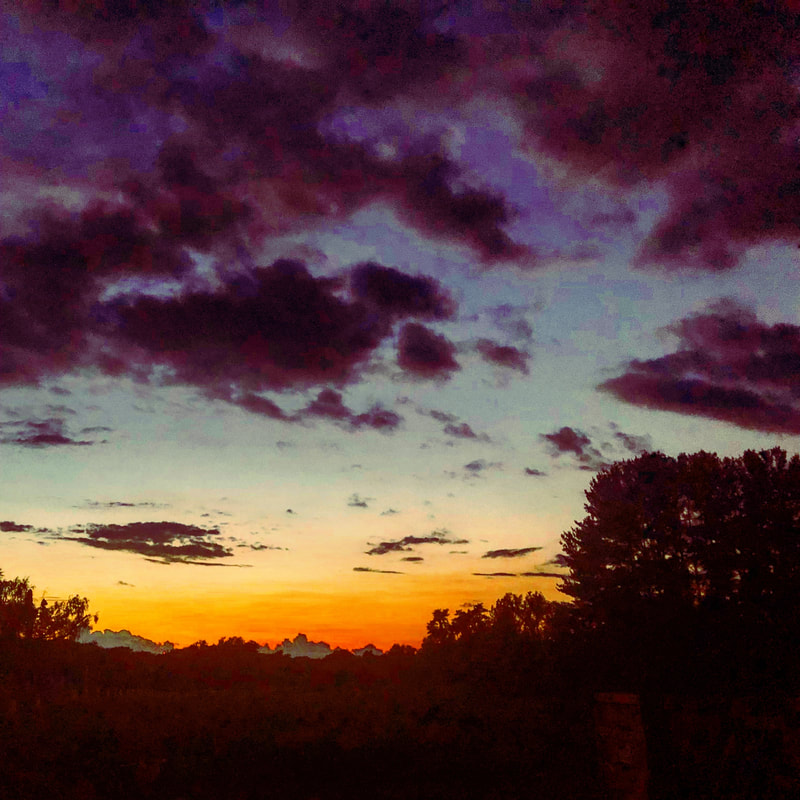
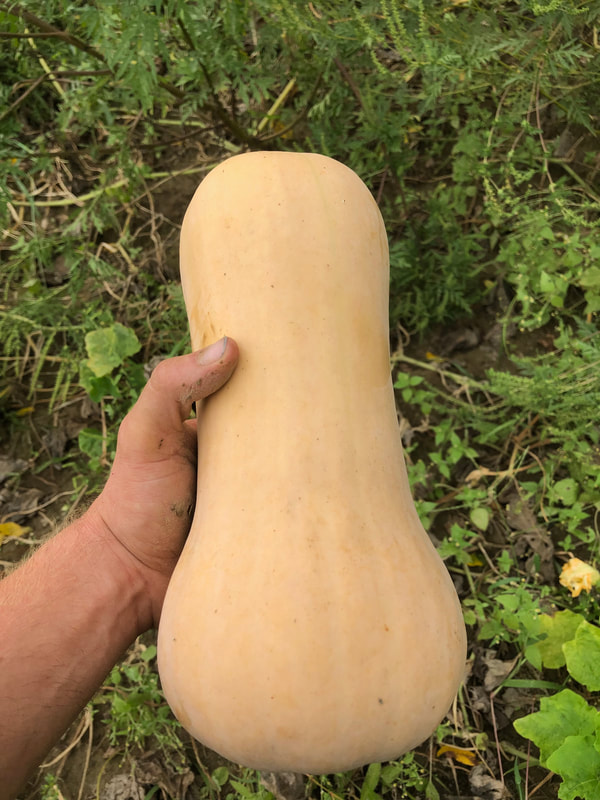
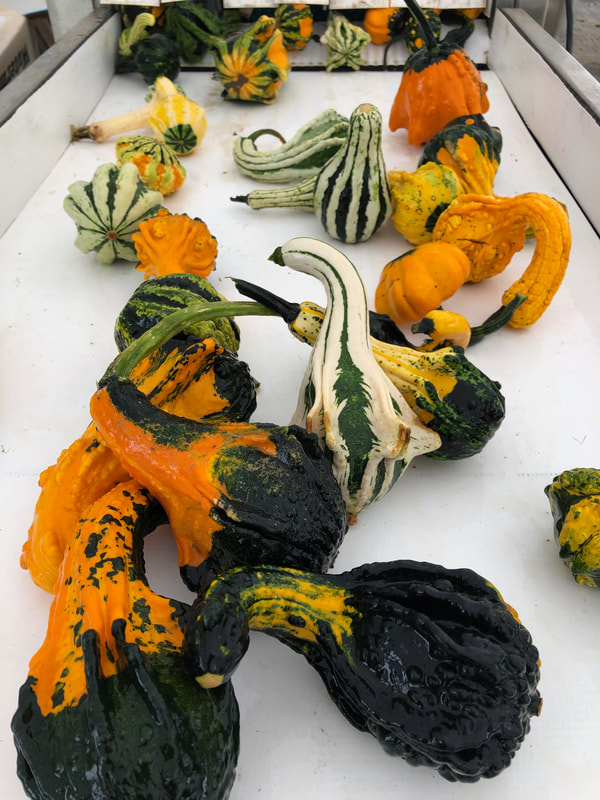
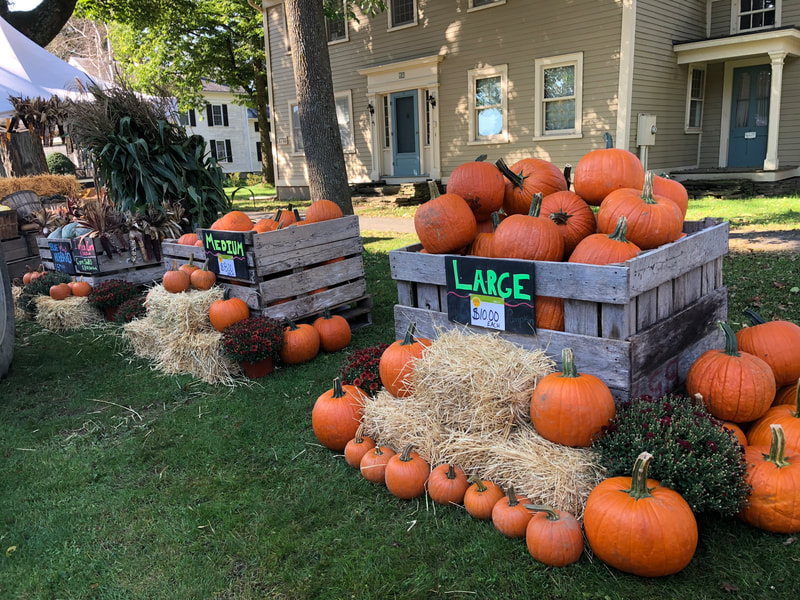
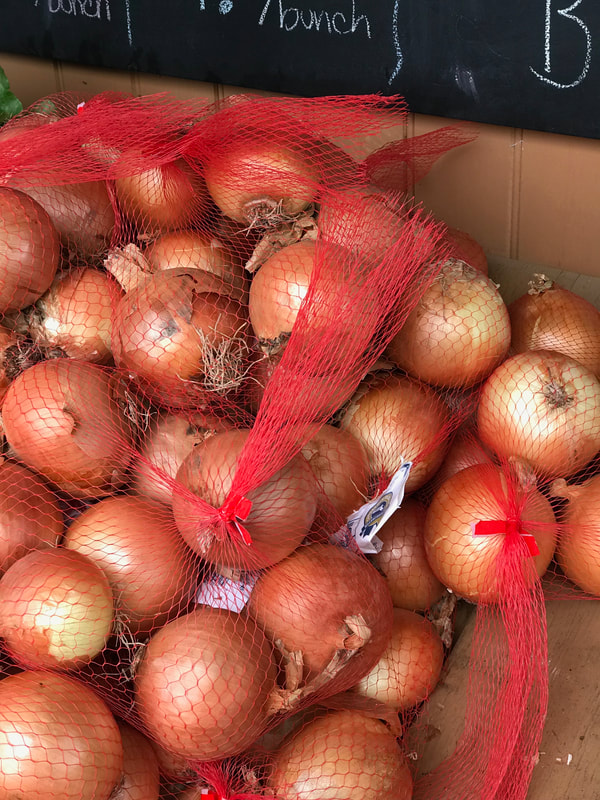
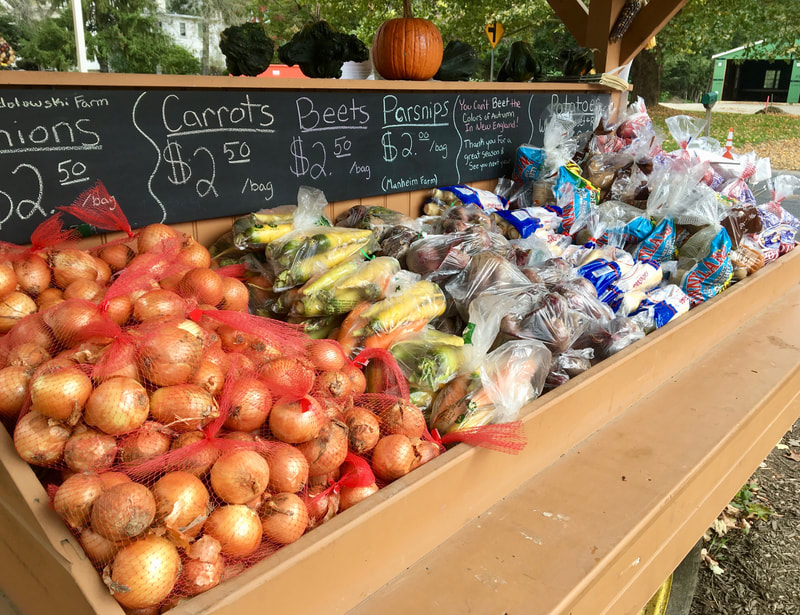
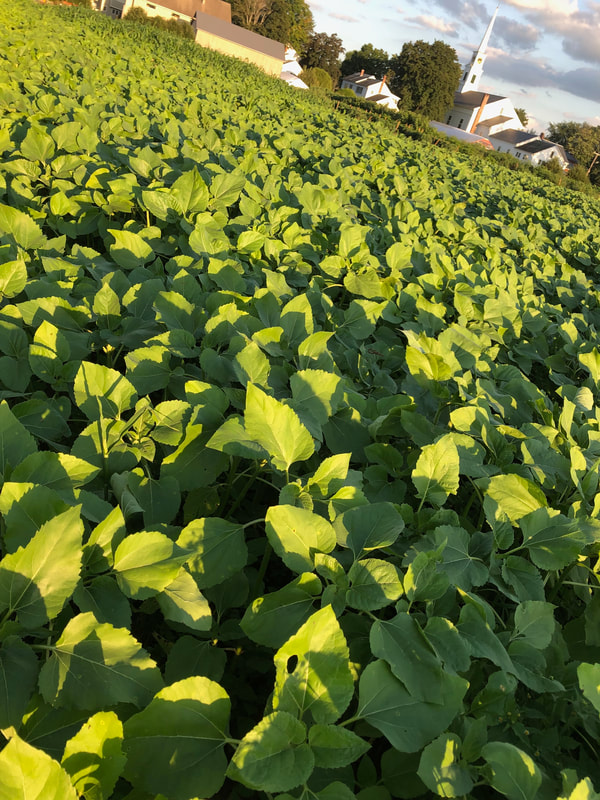
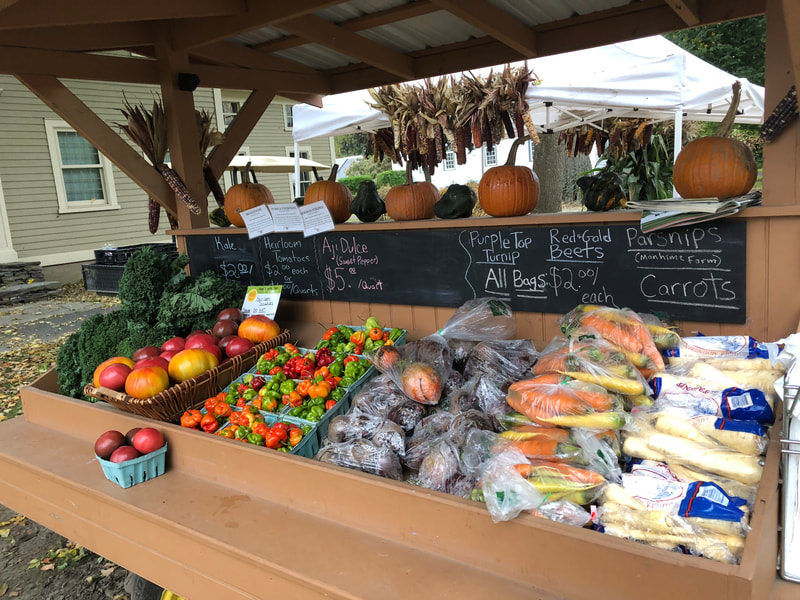
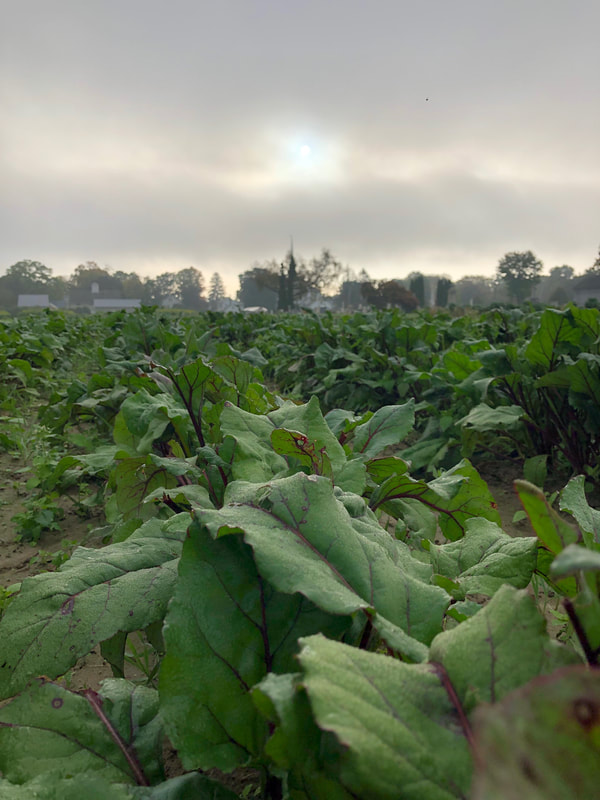
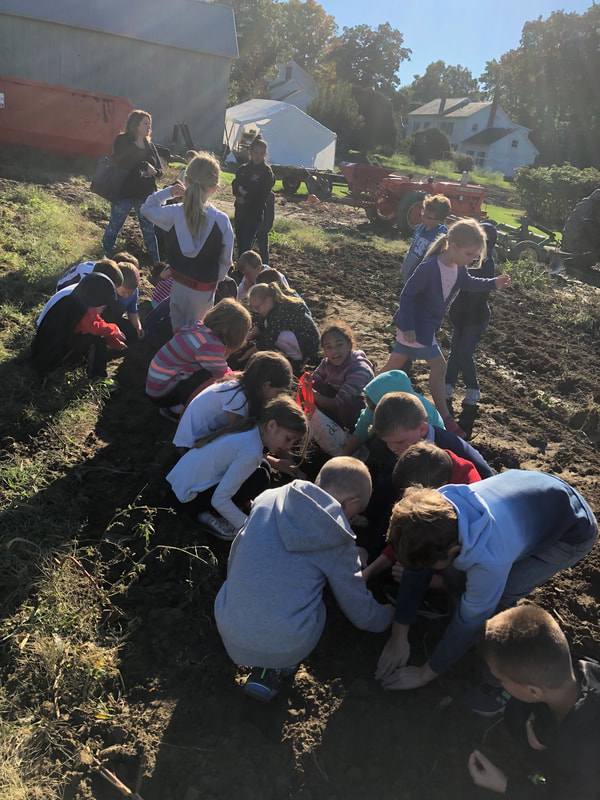
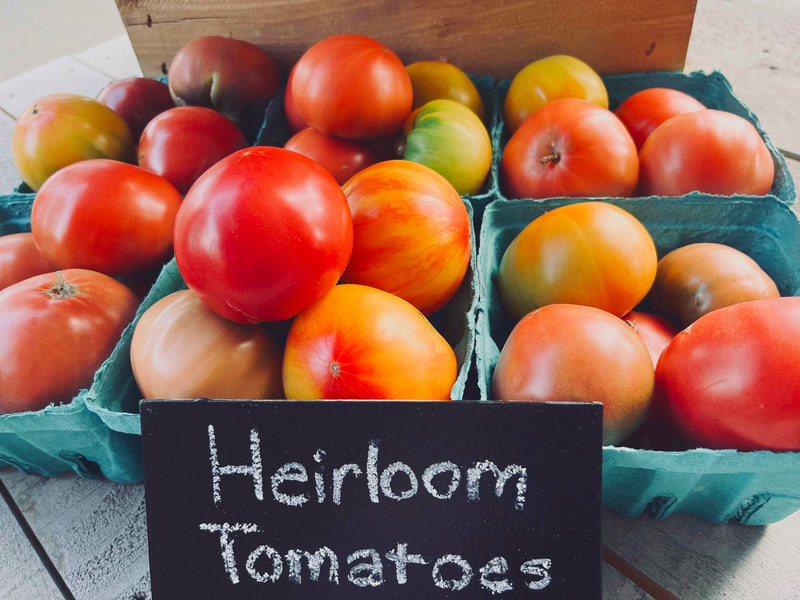
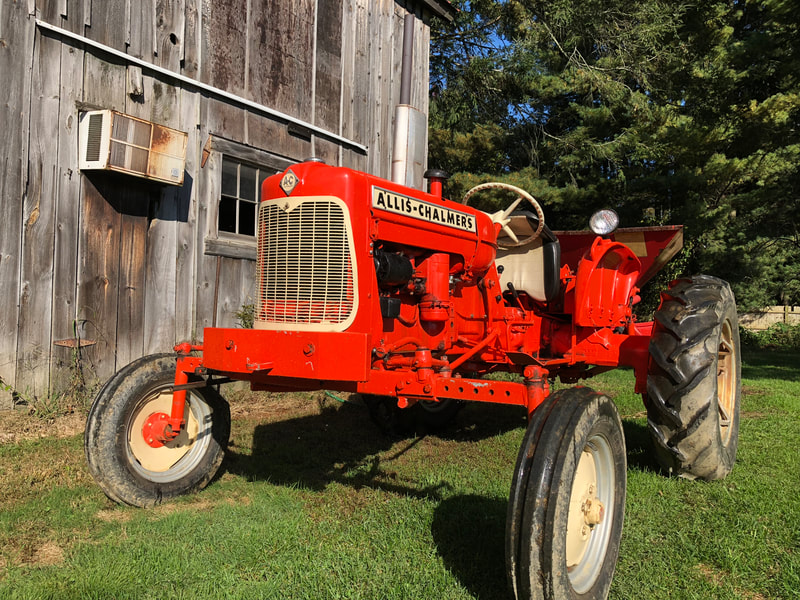
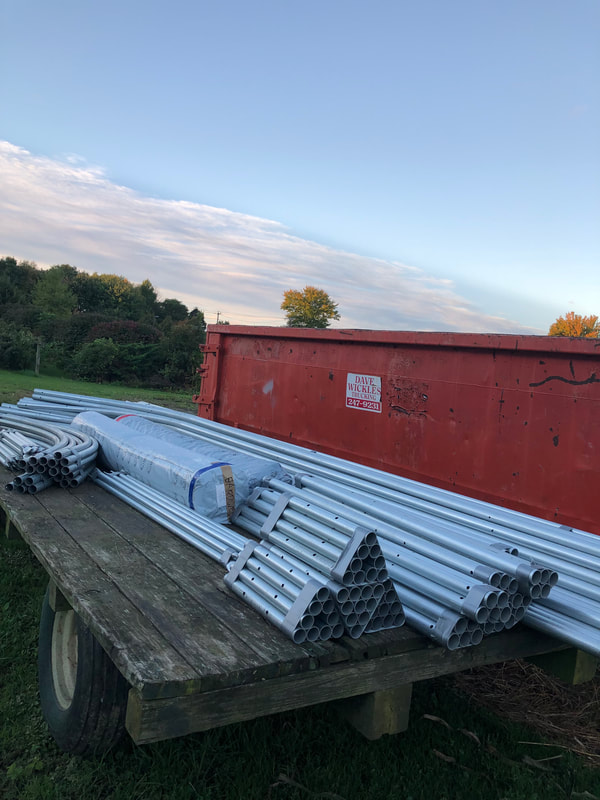
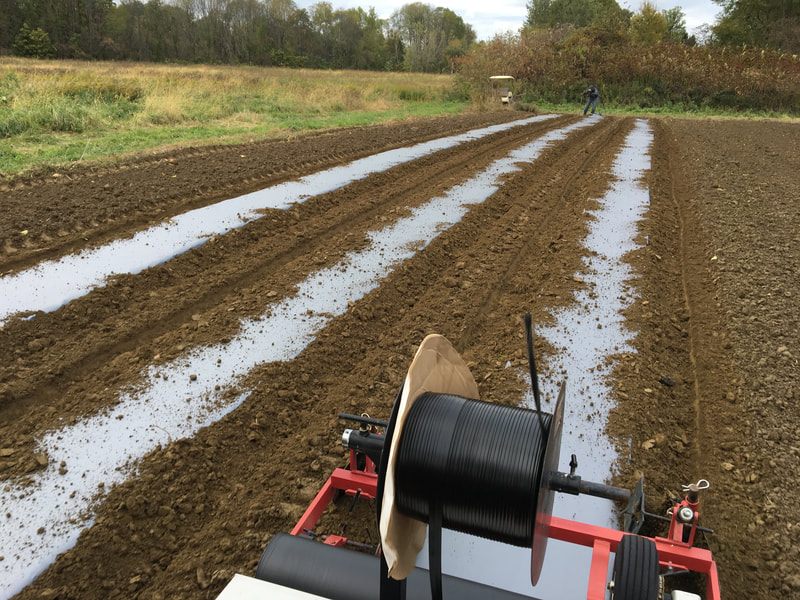

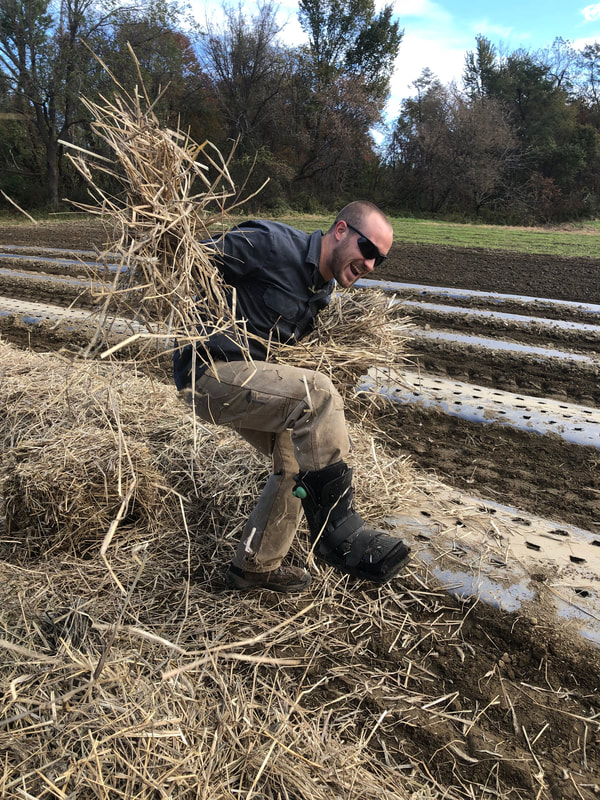
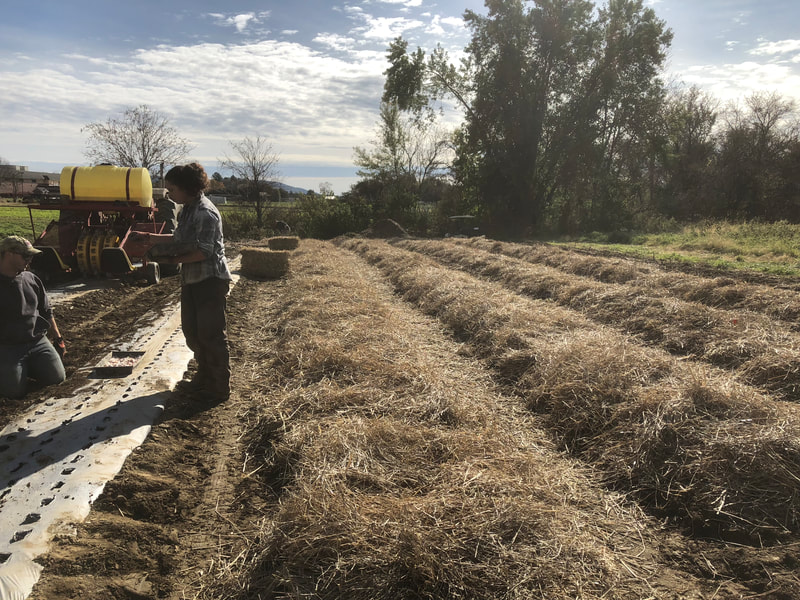
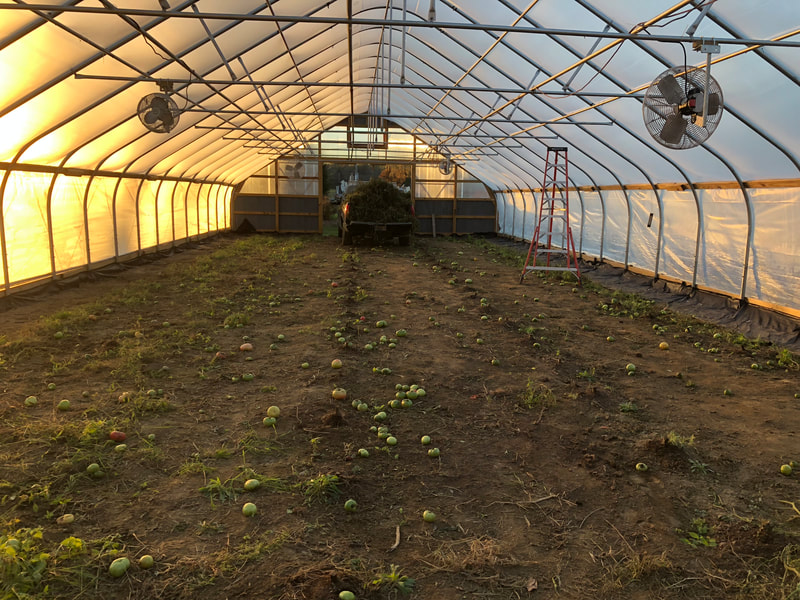
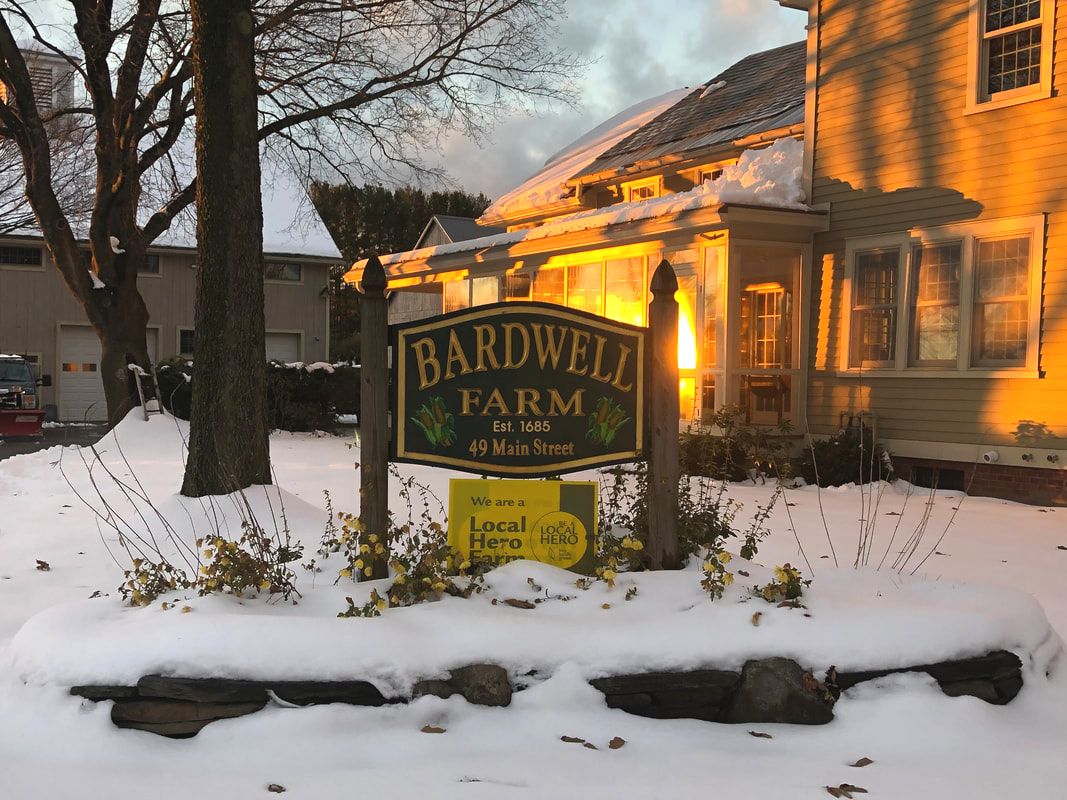
 RSS Feed
RSS Feed


